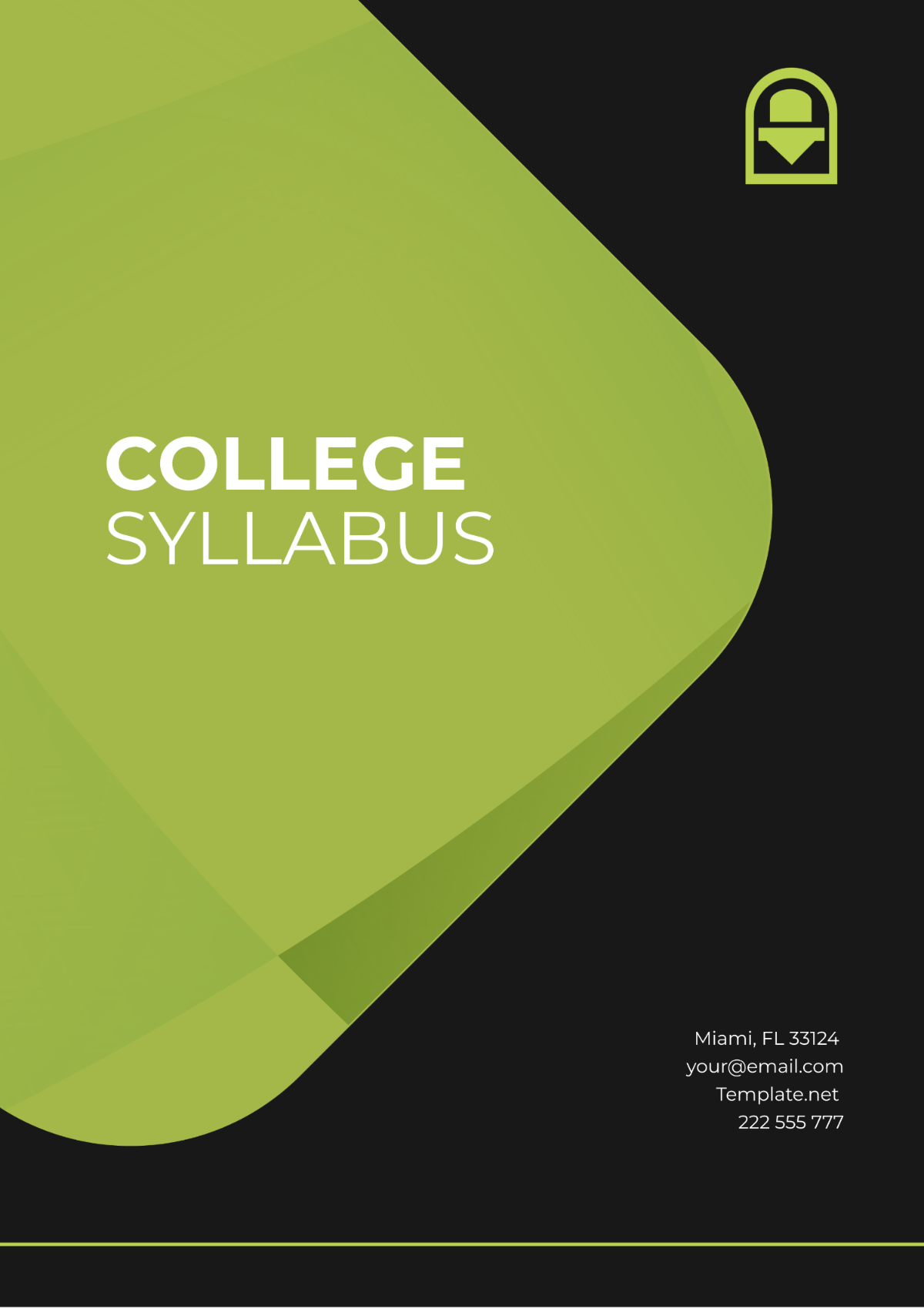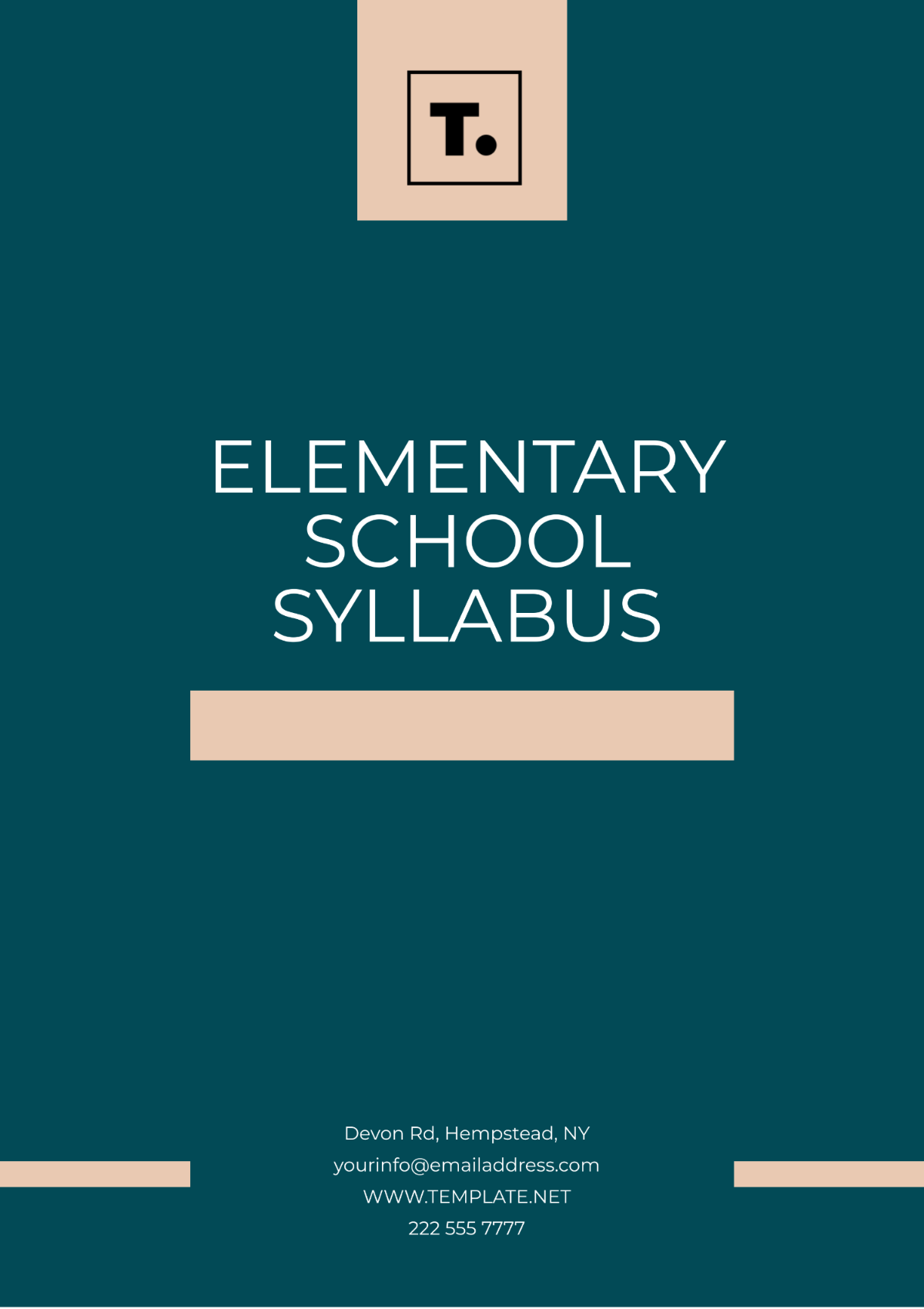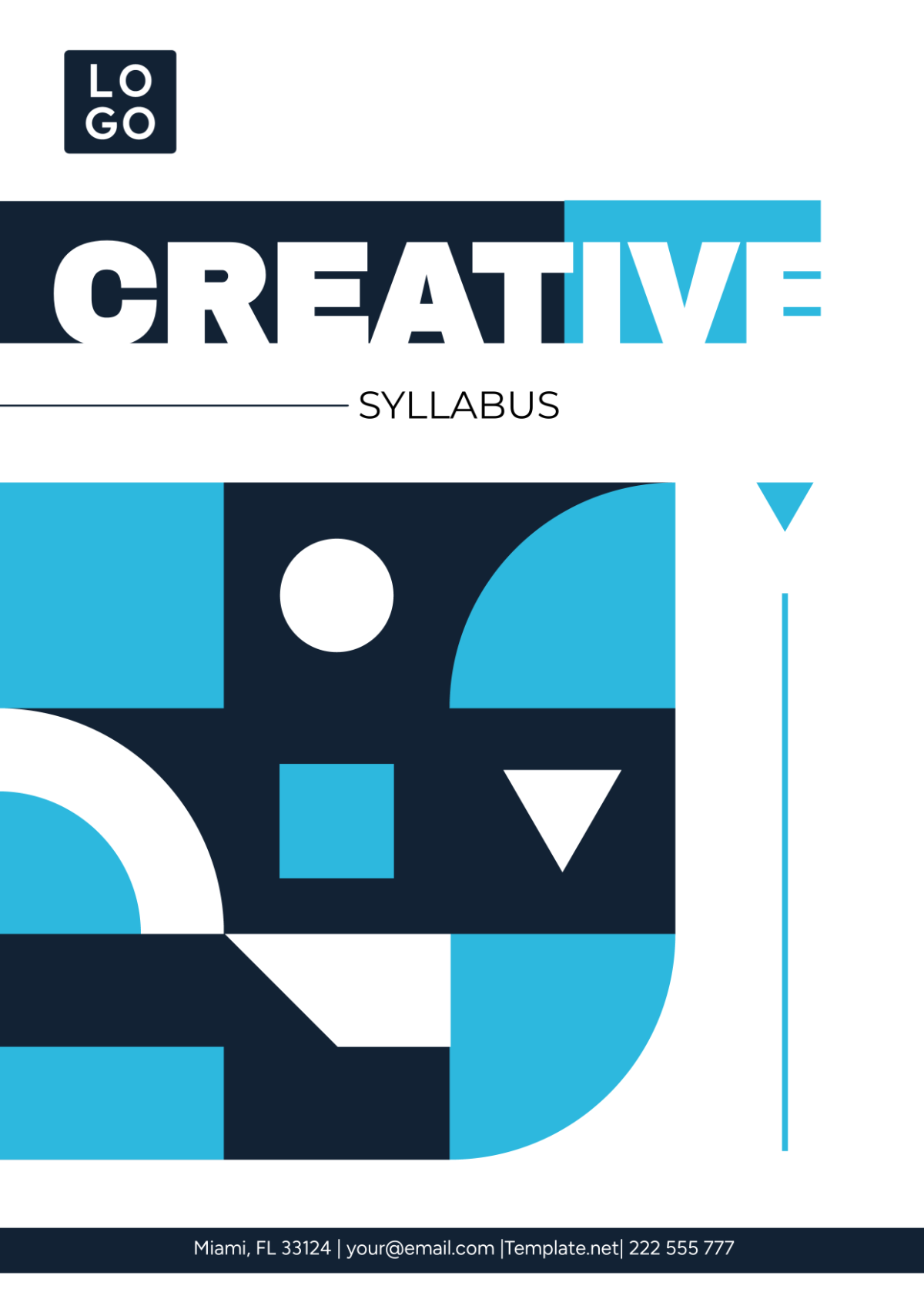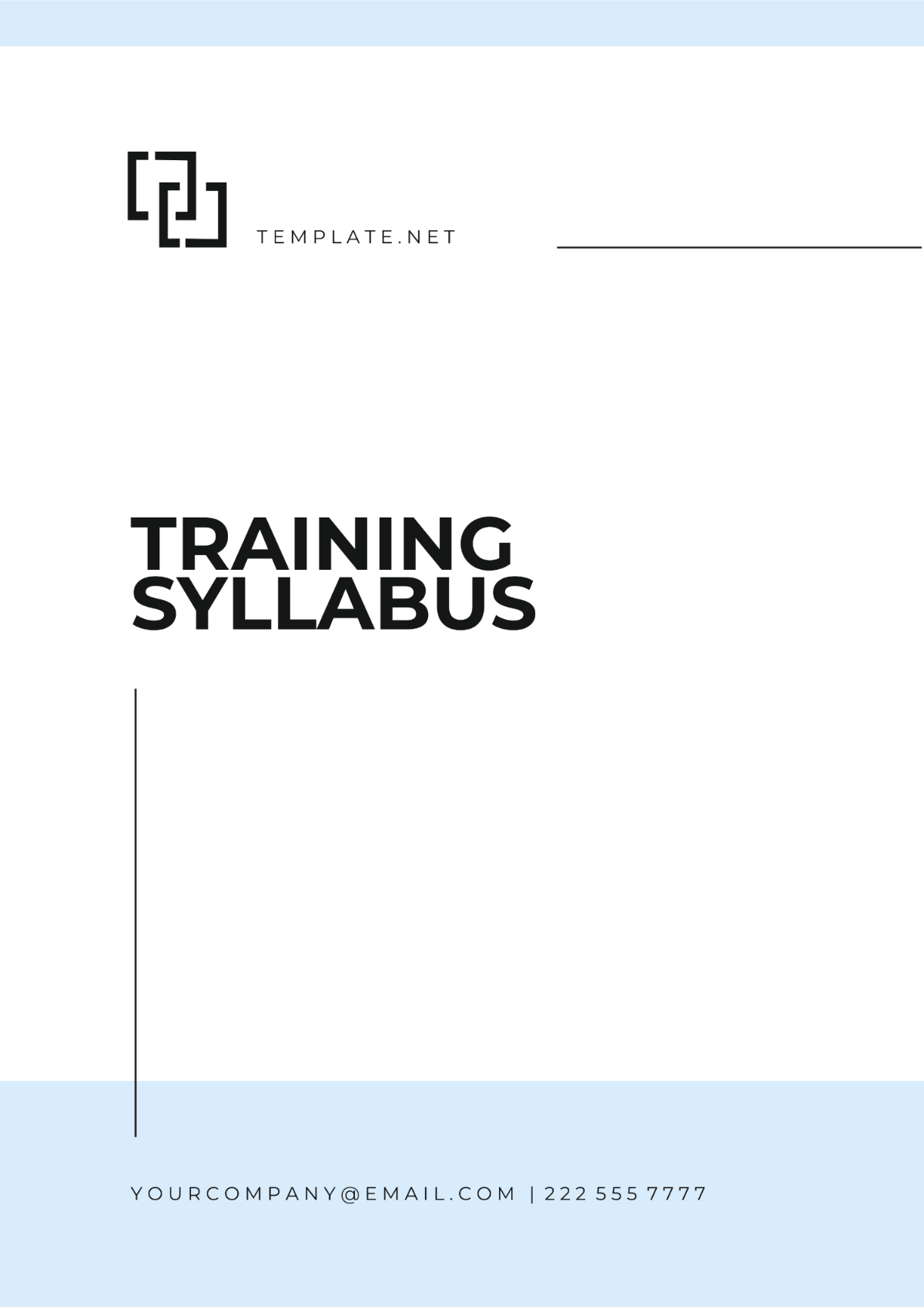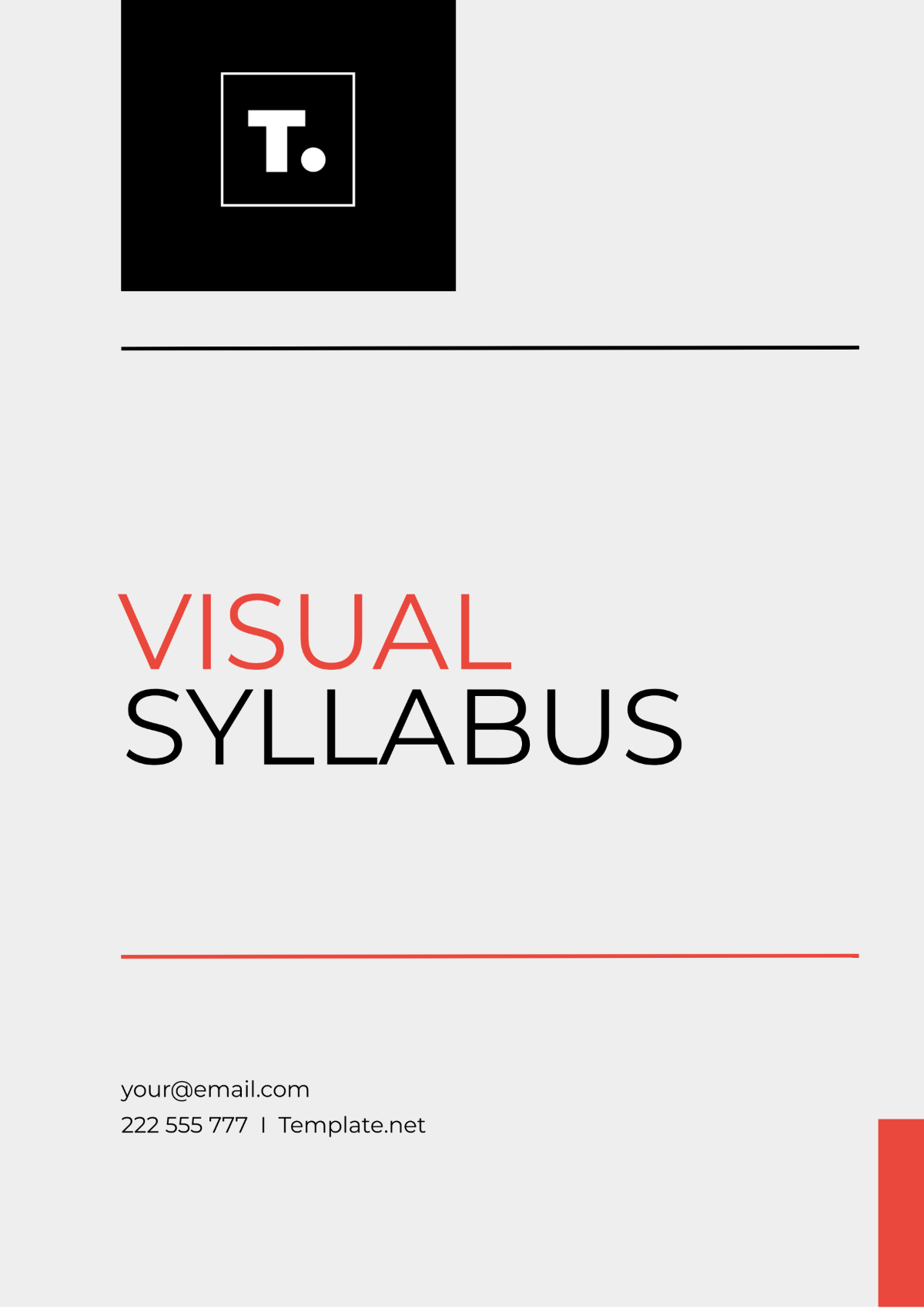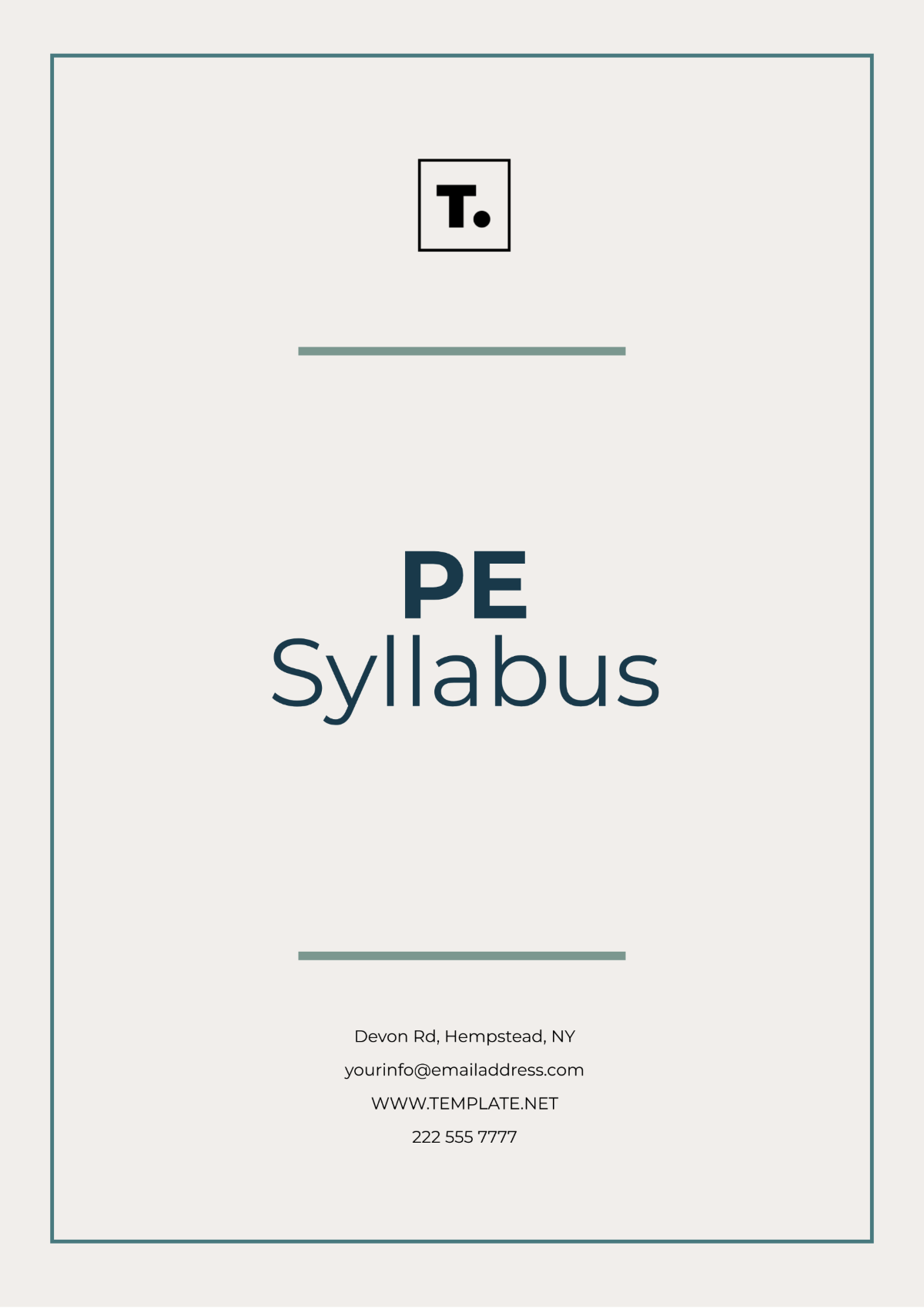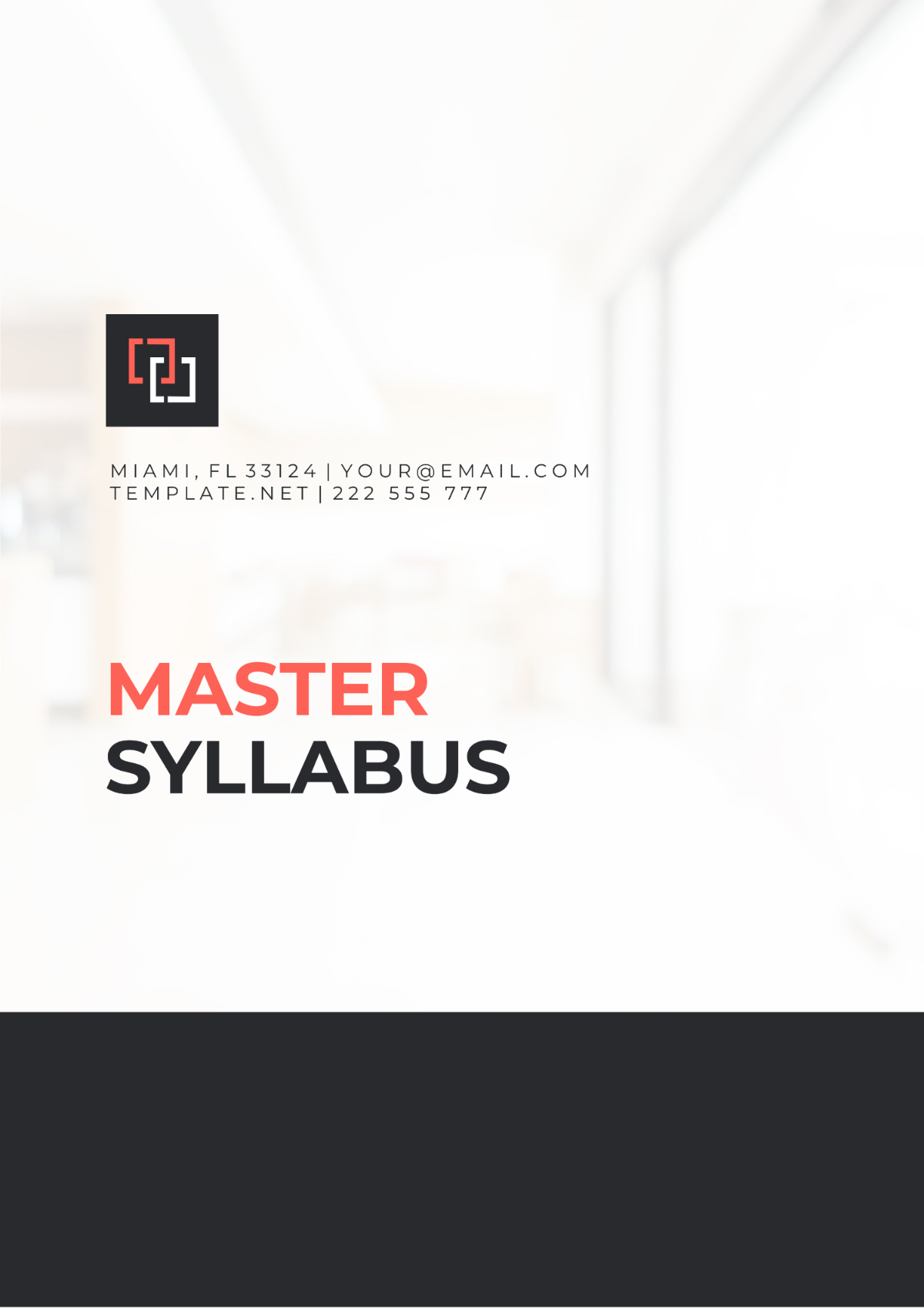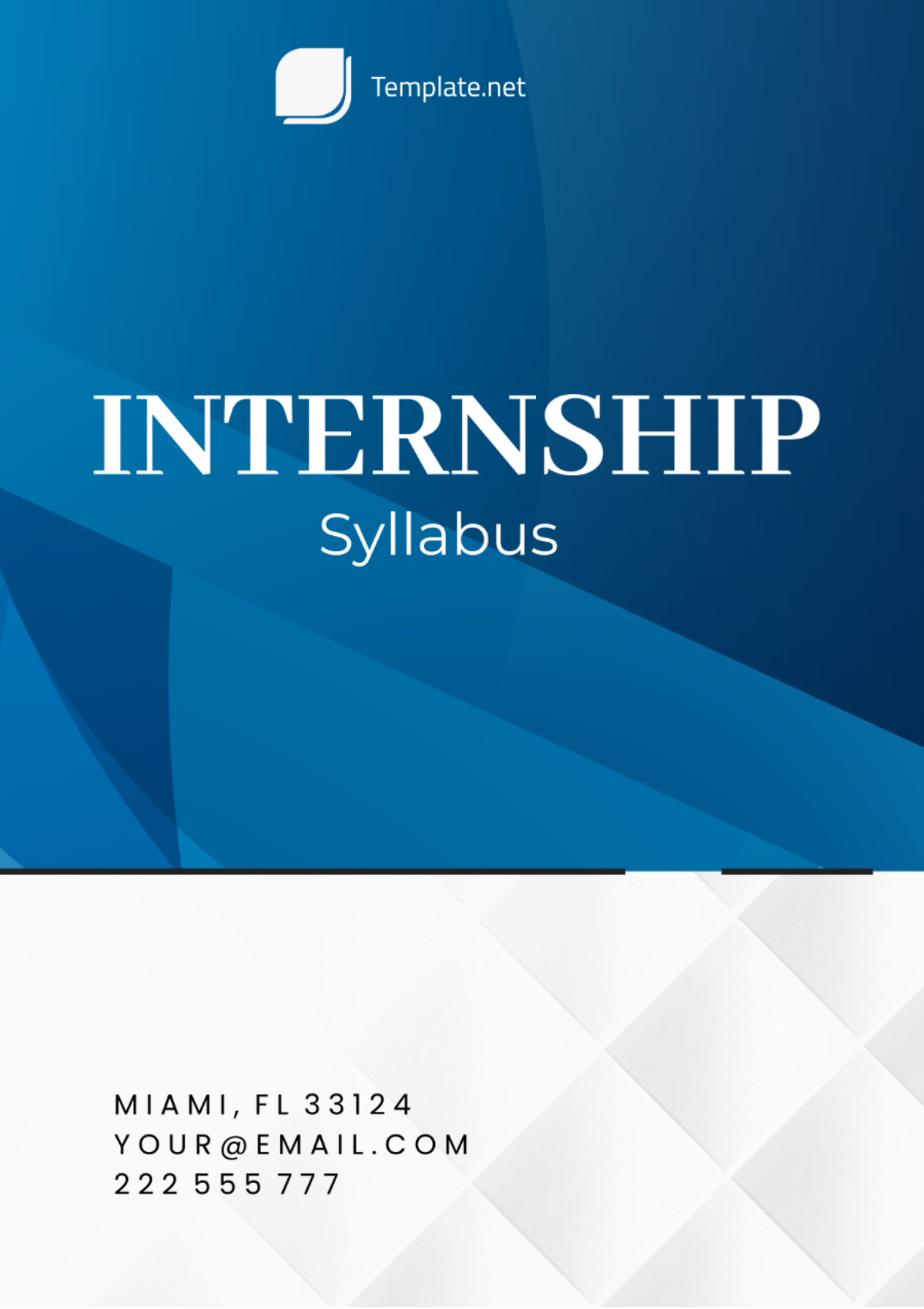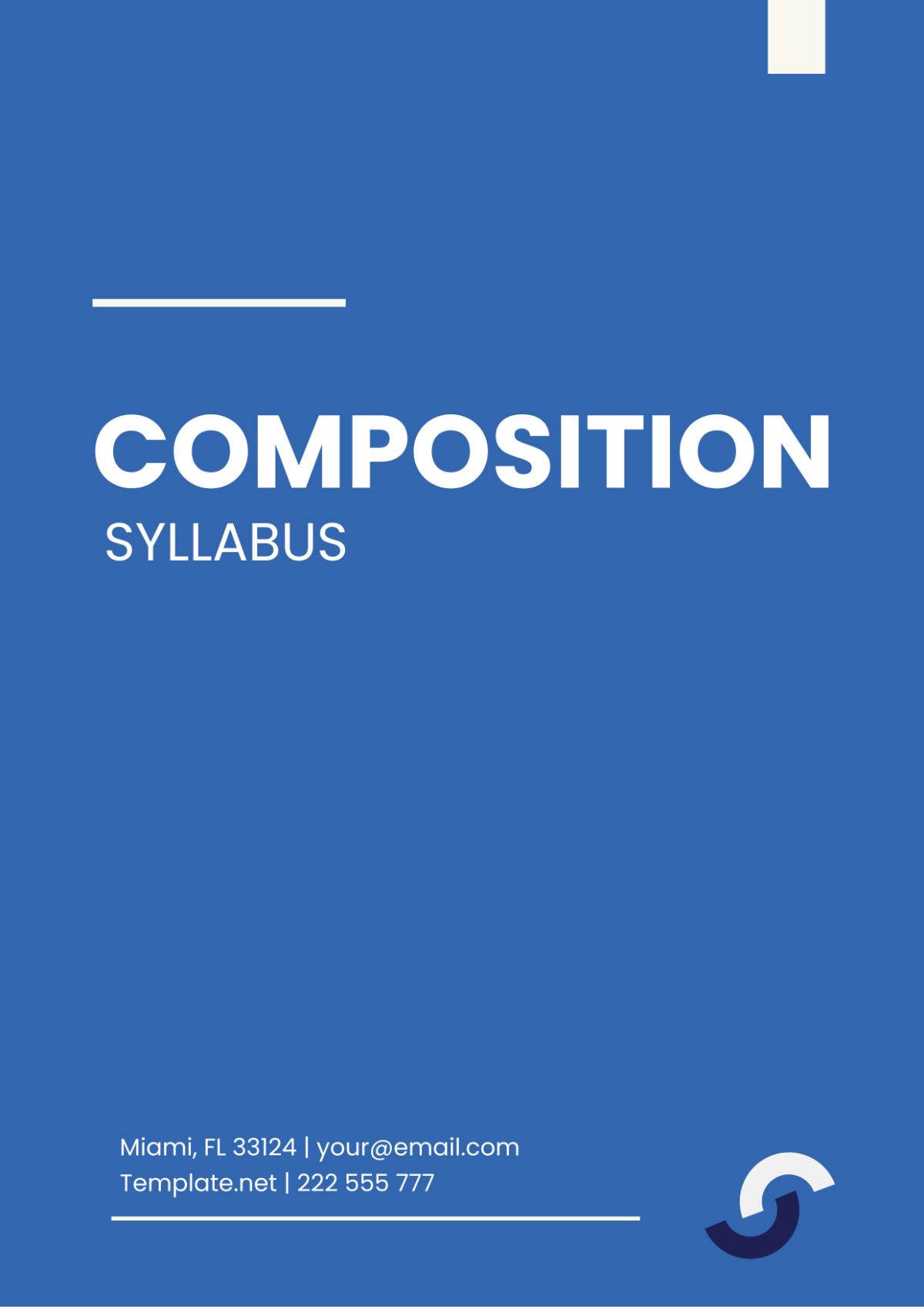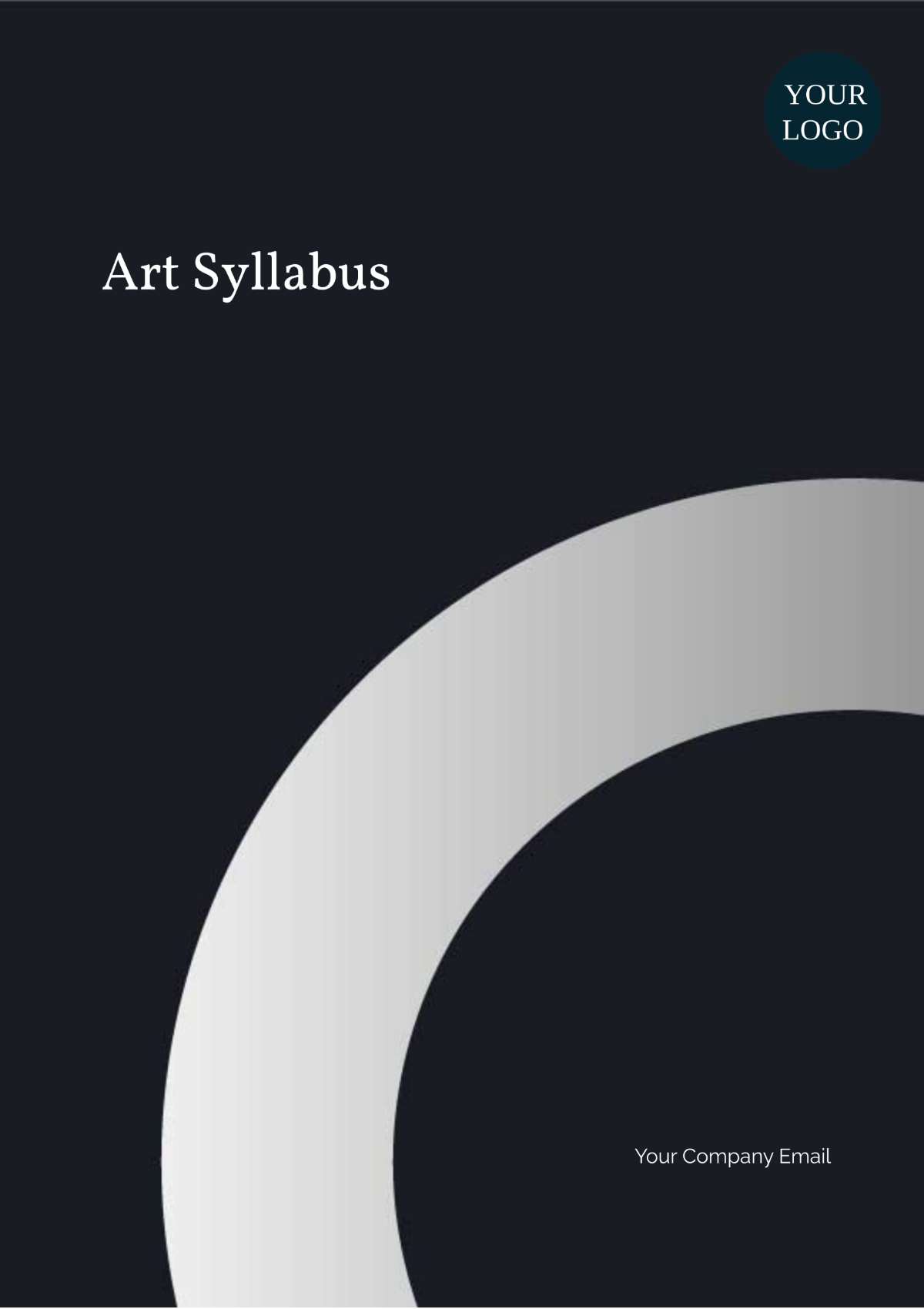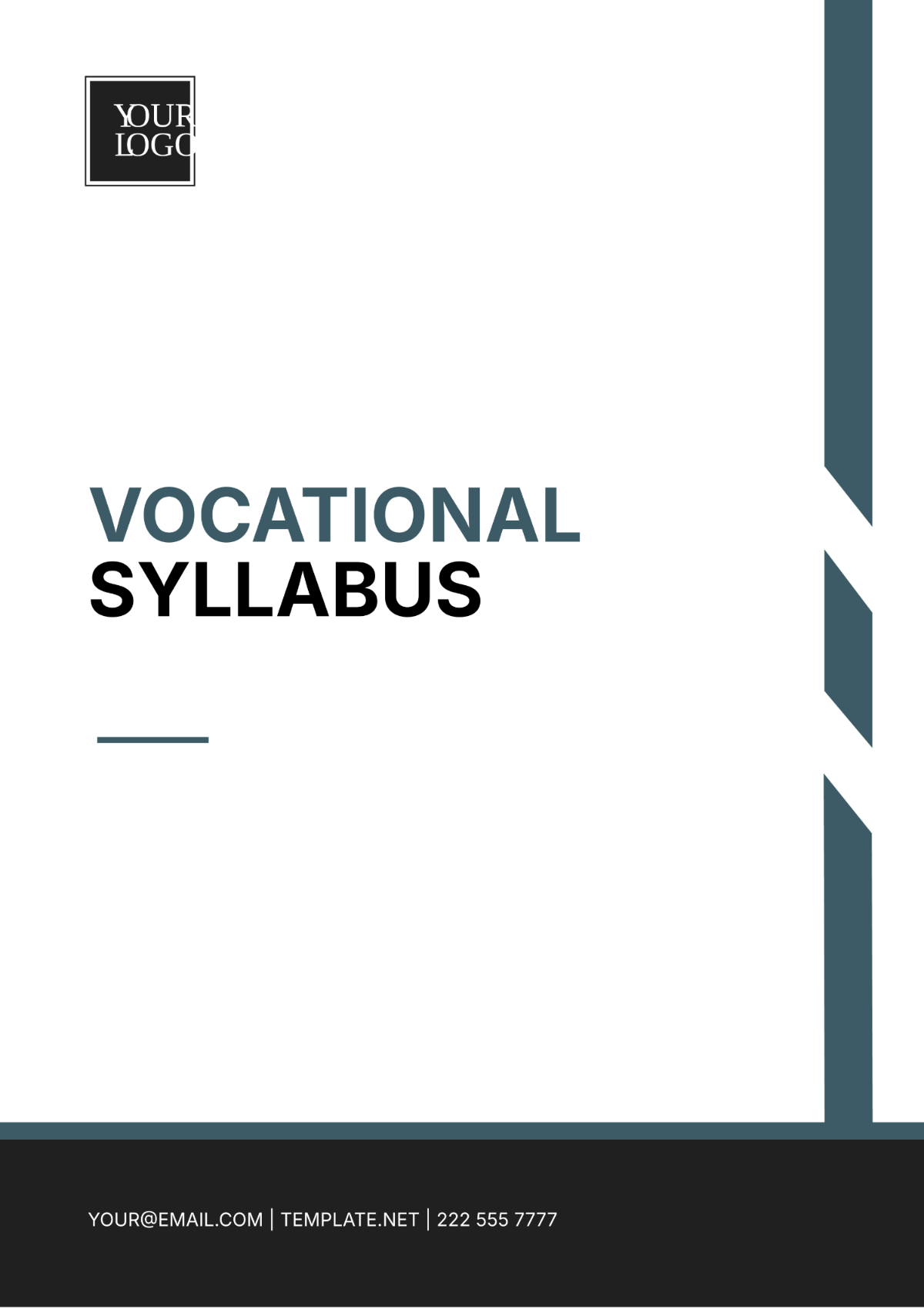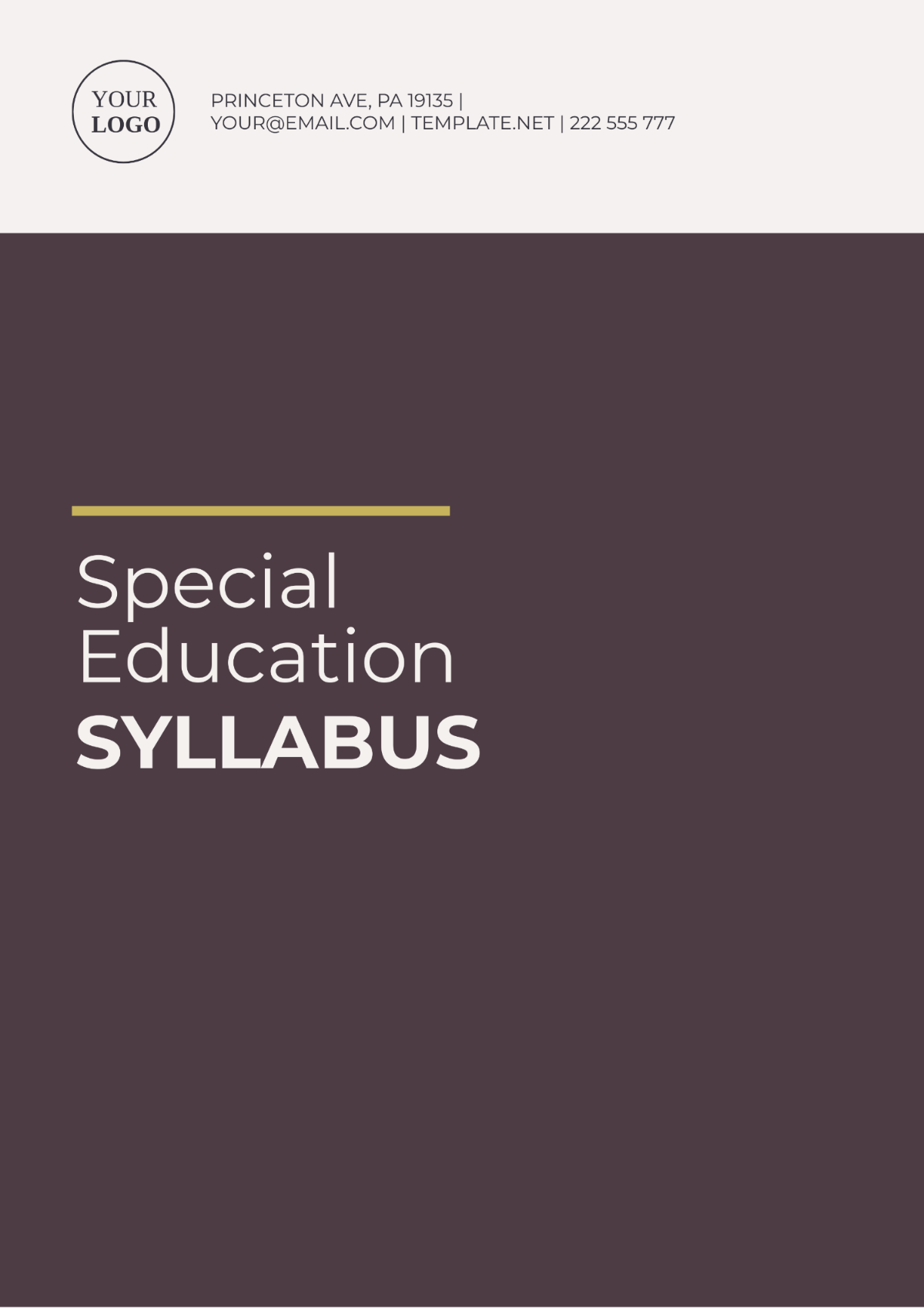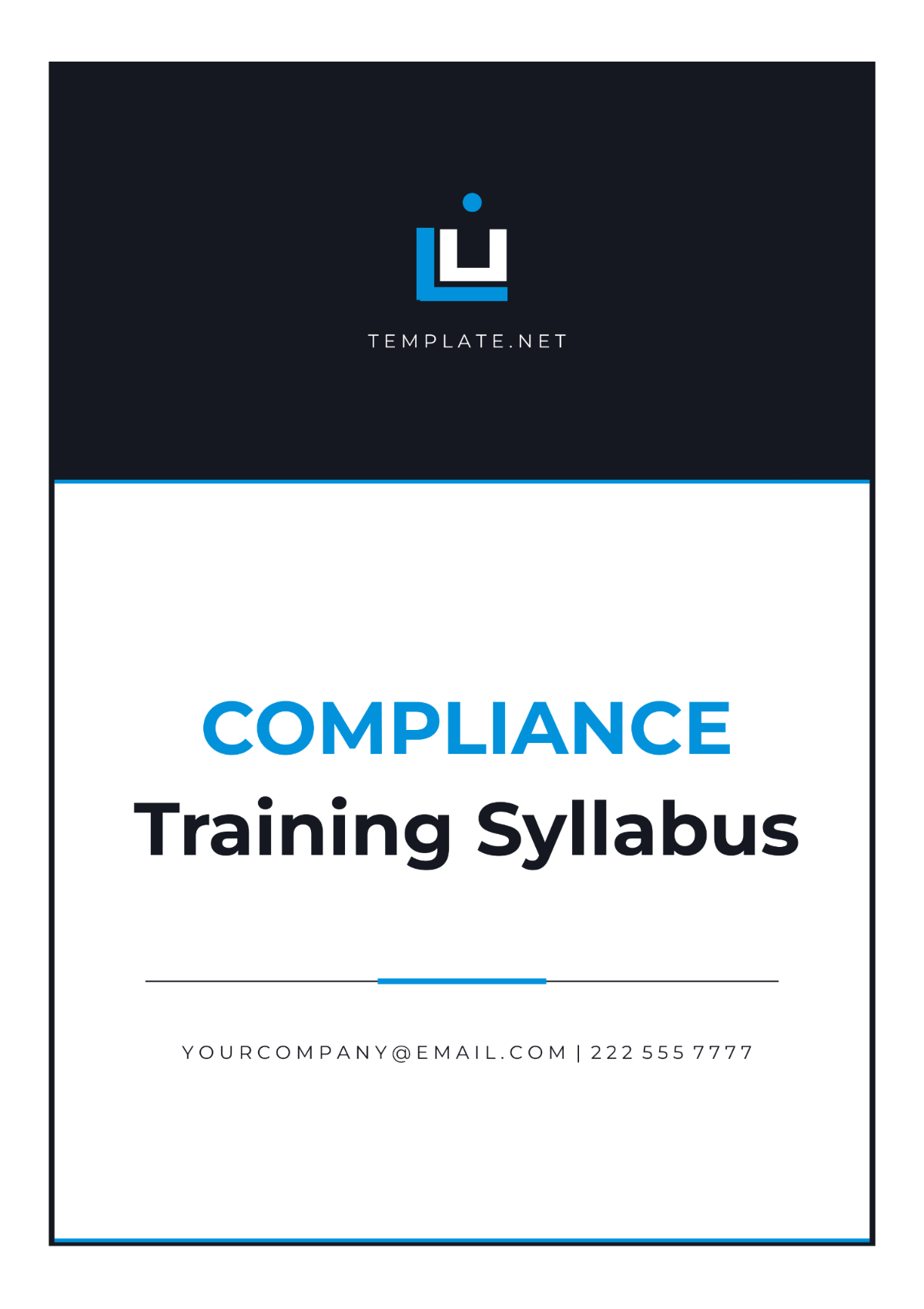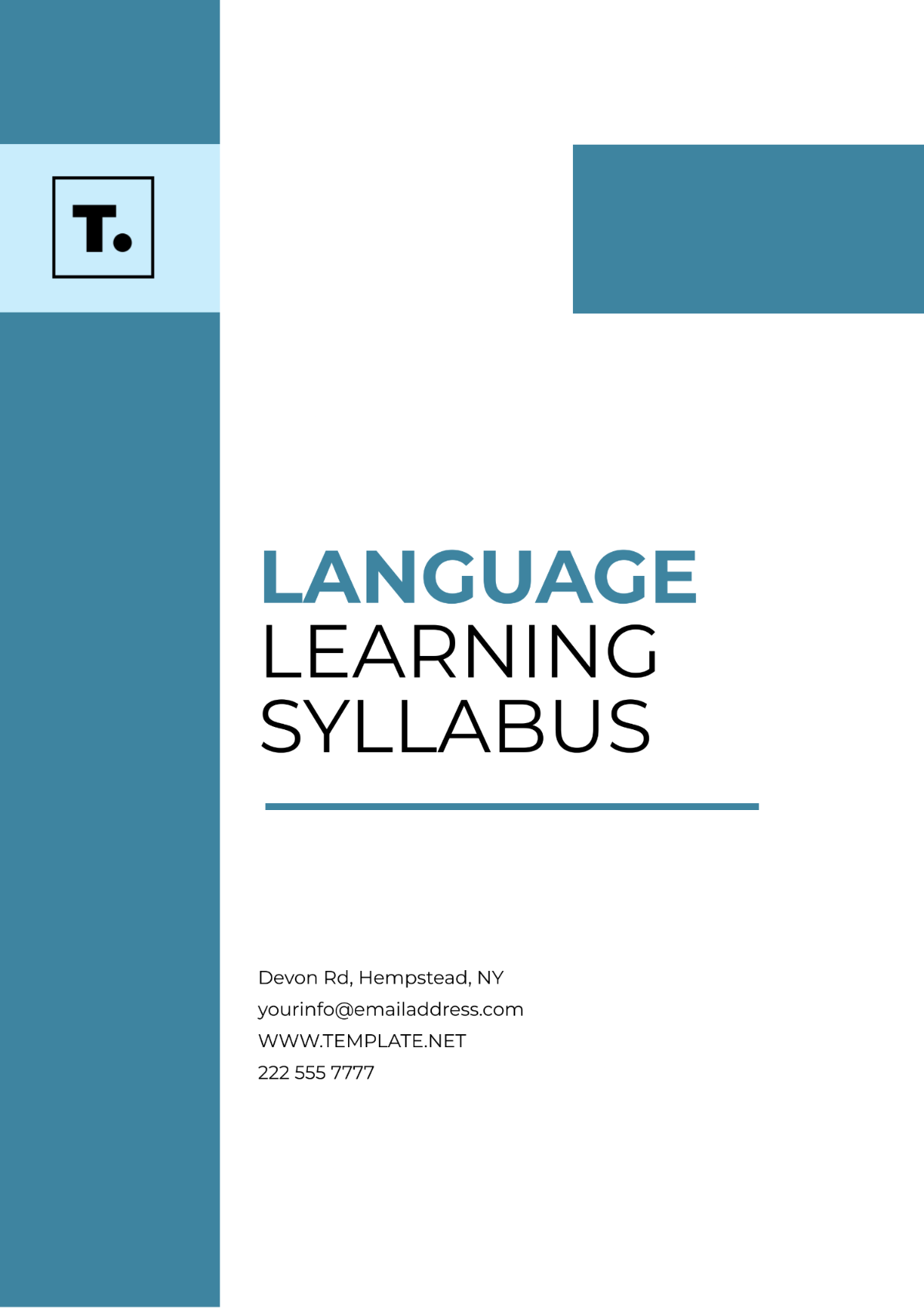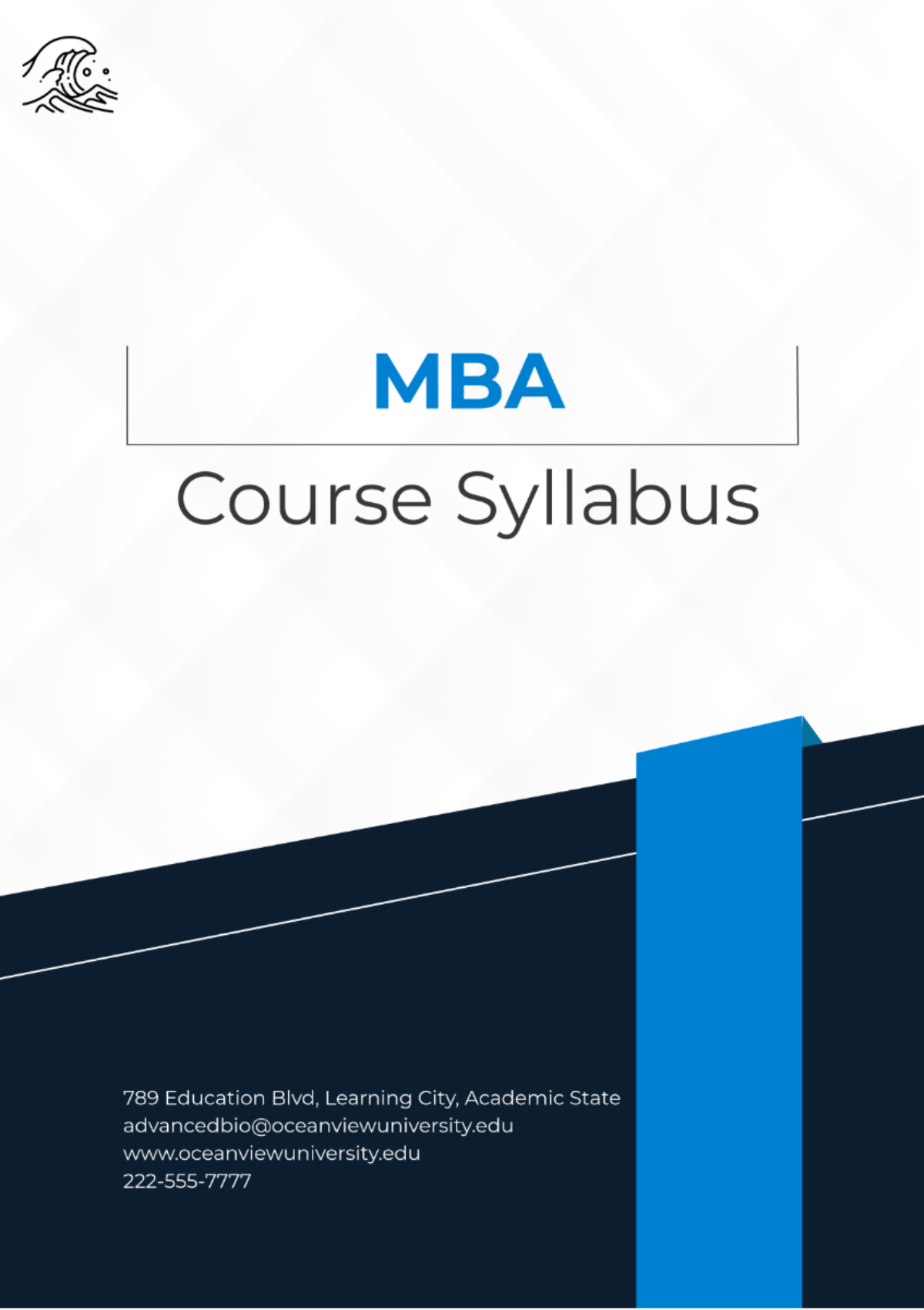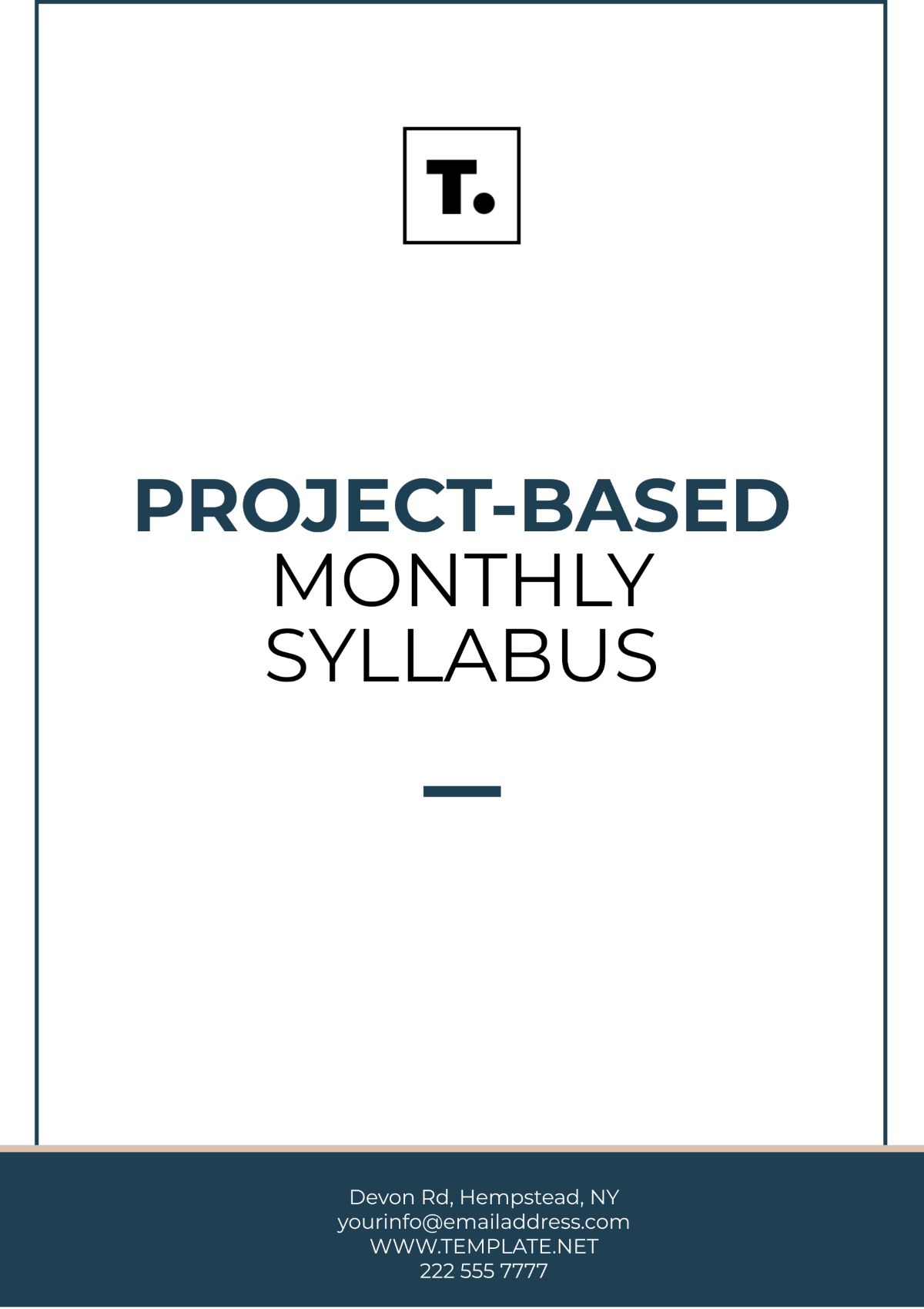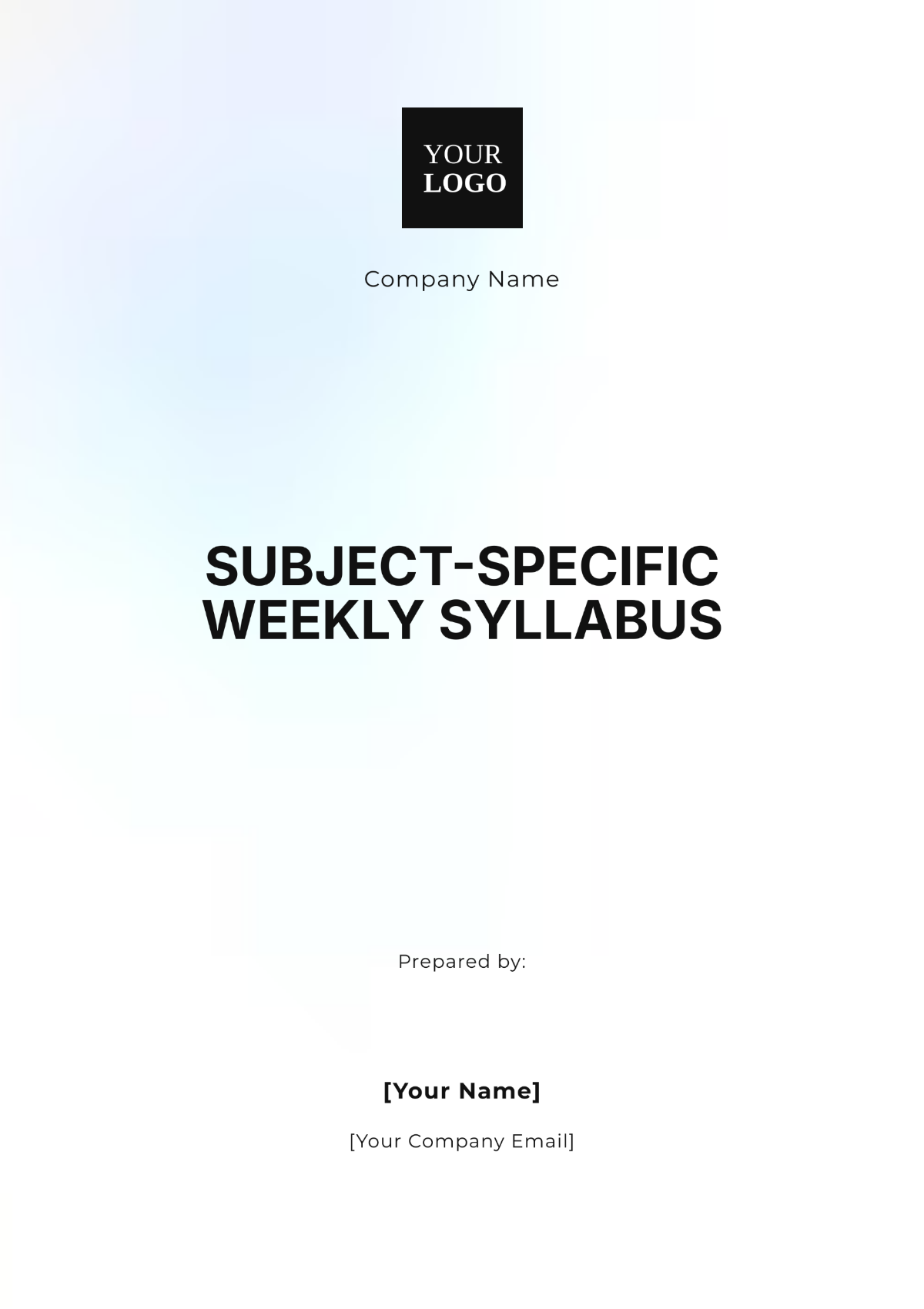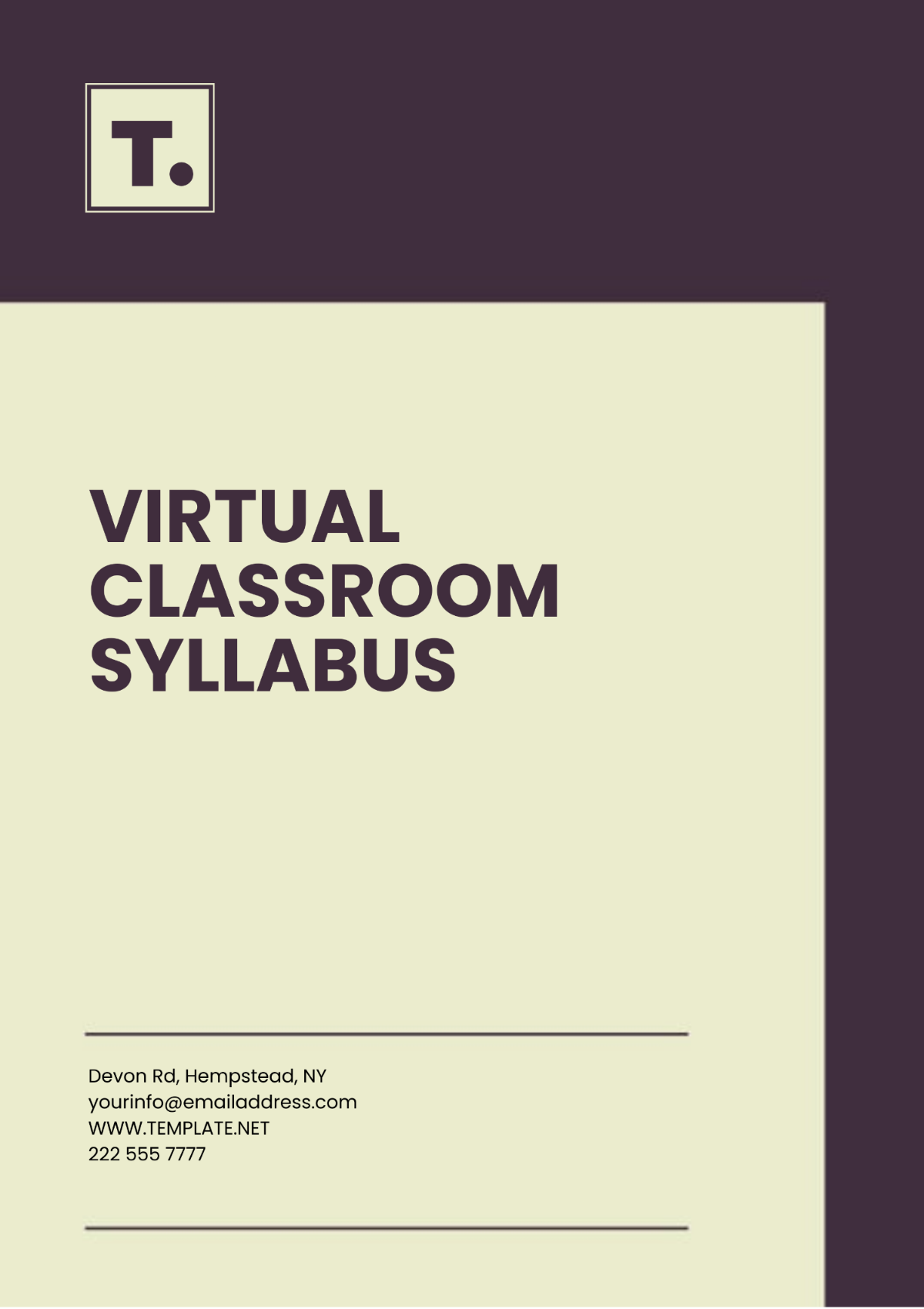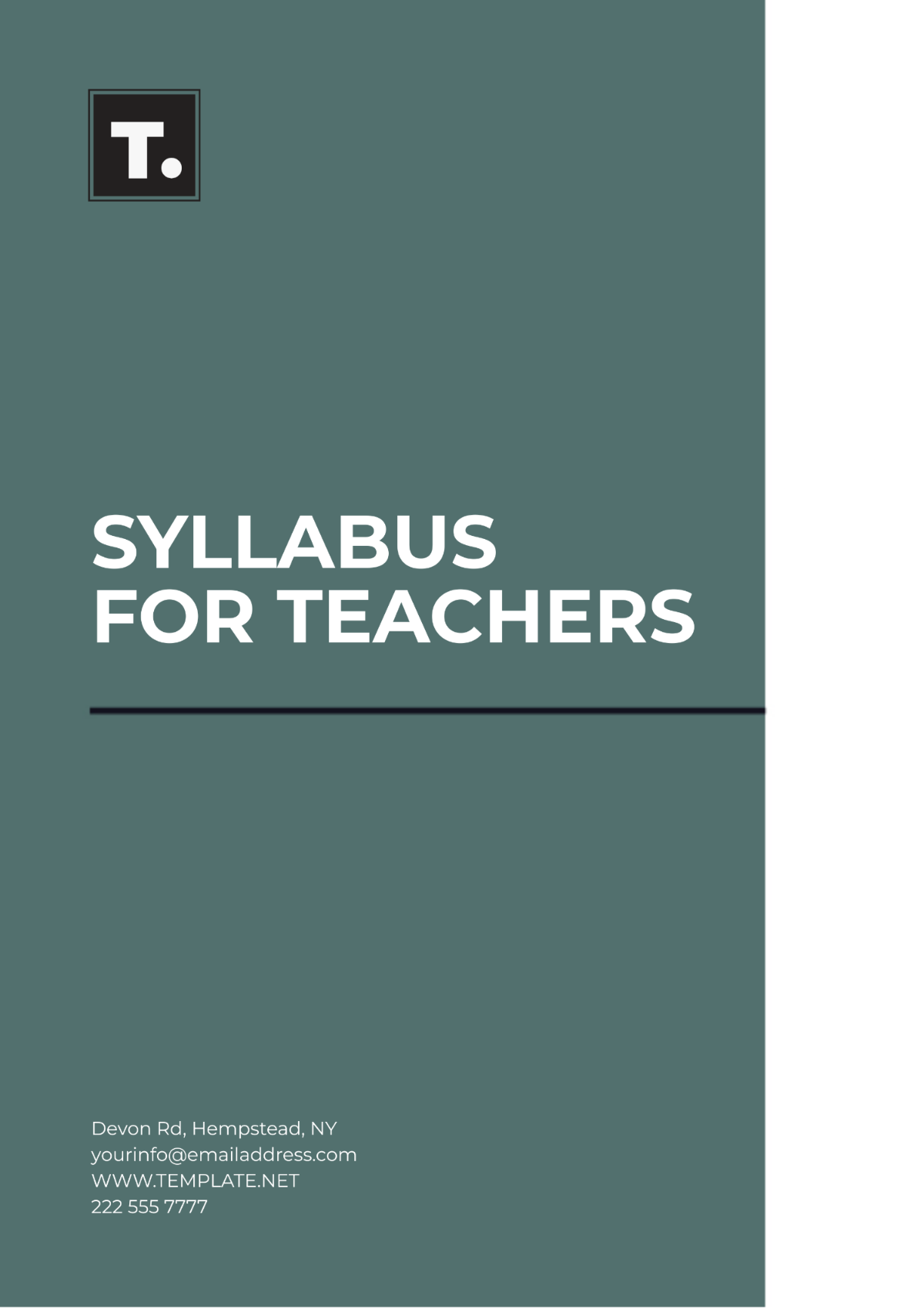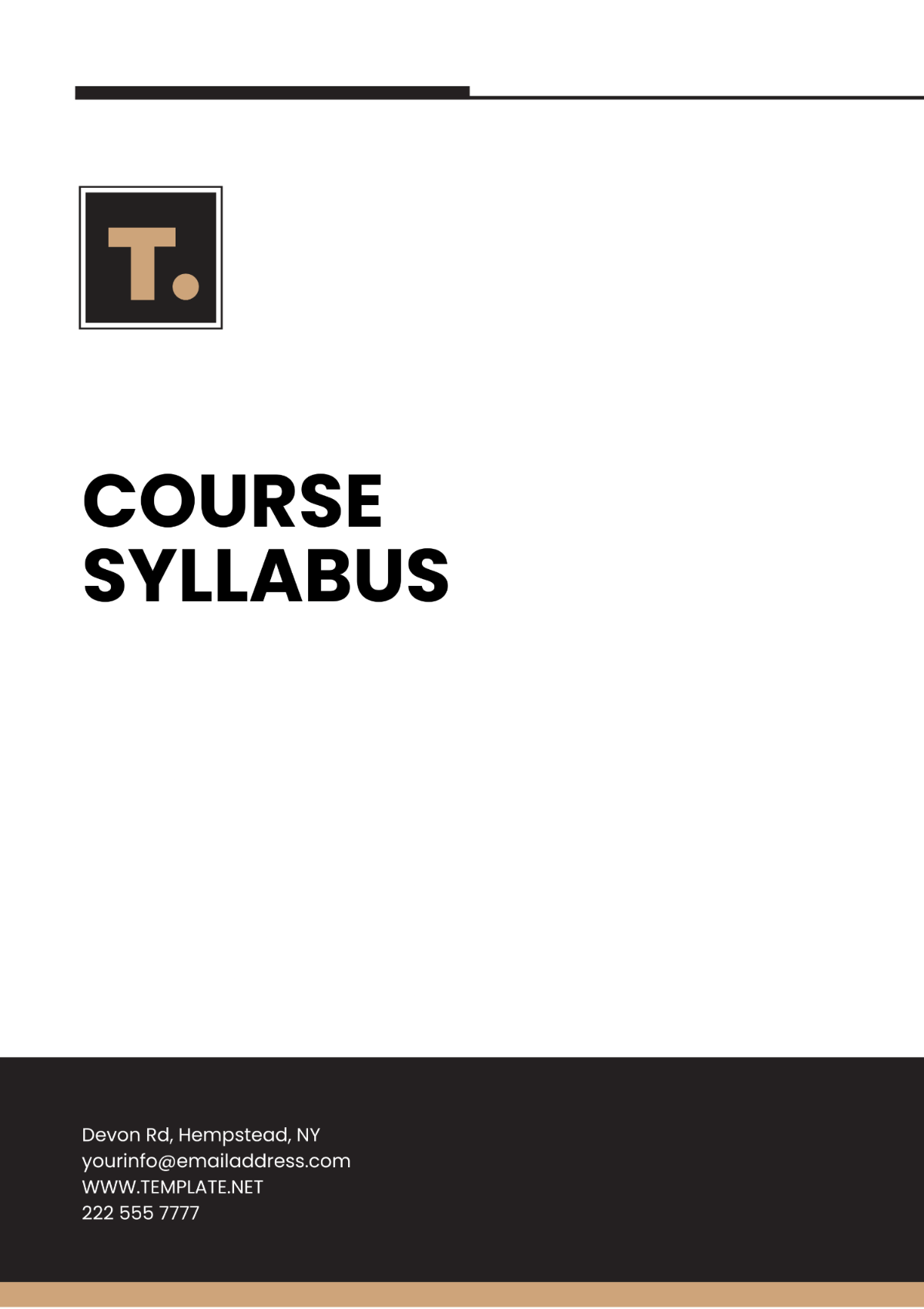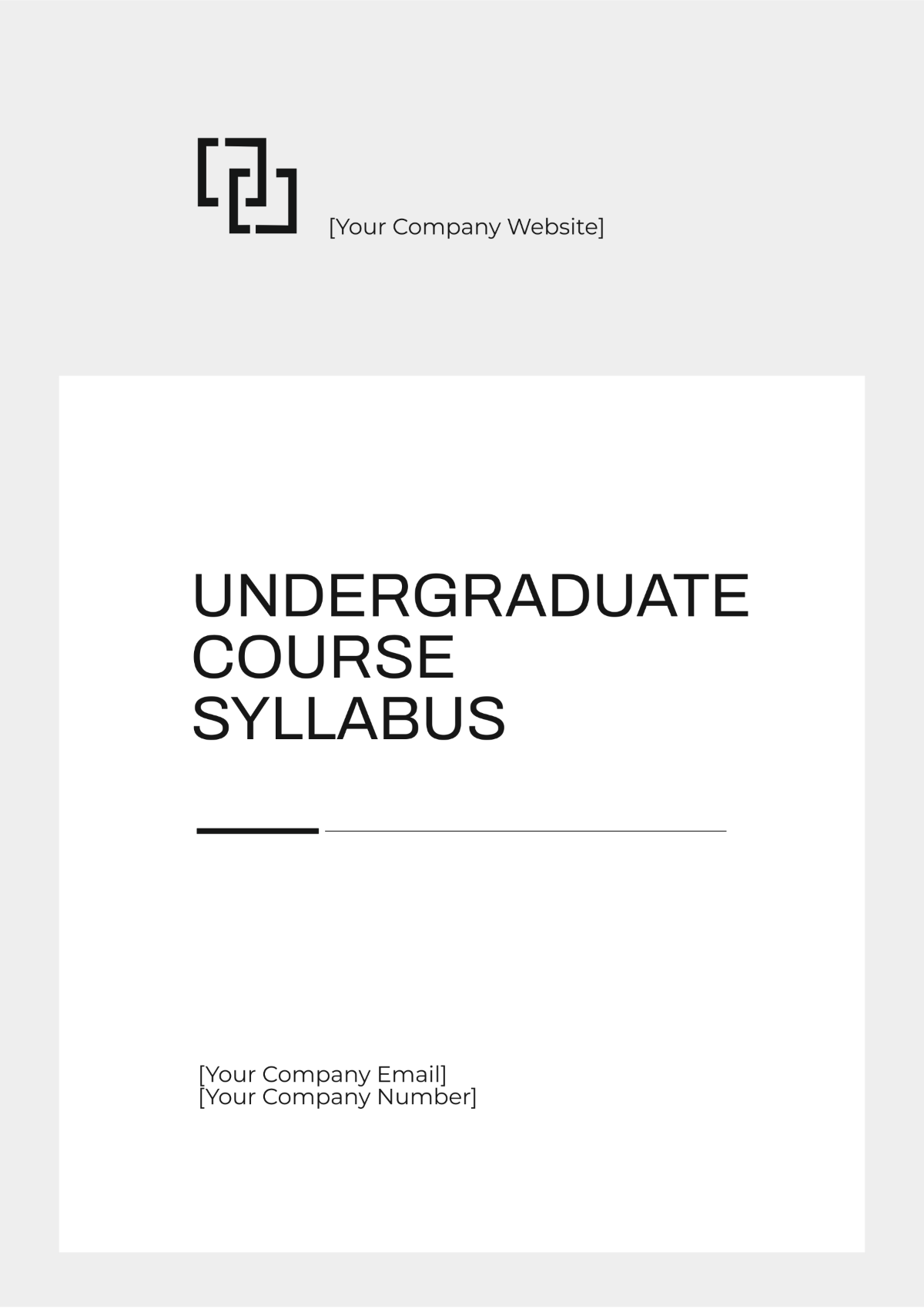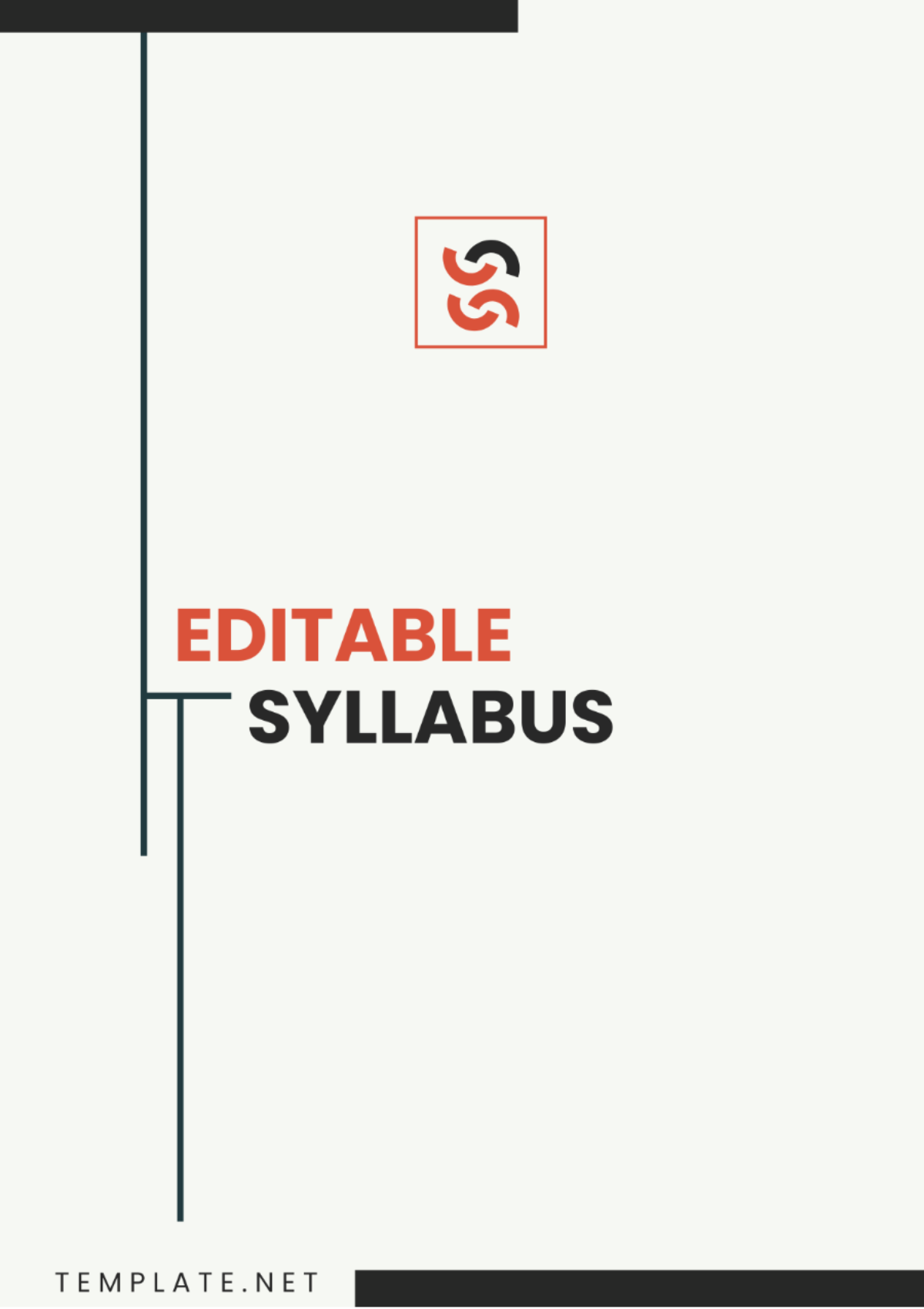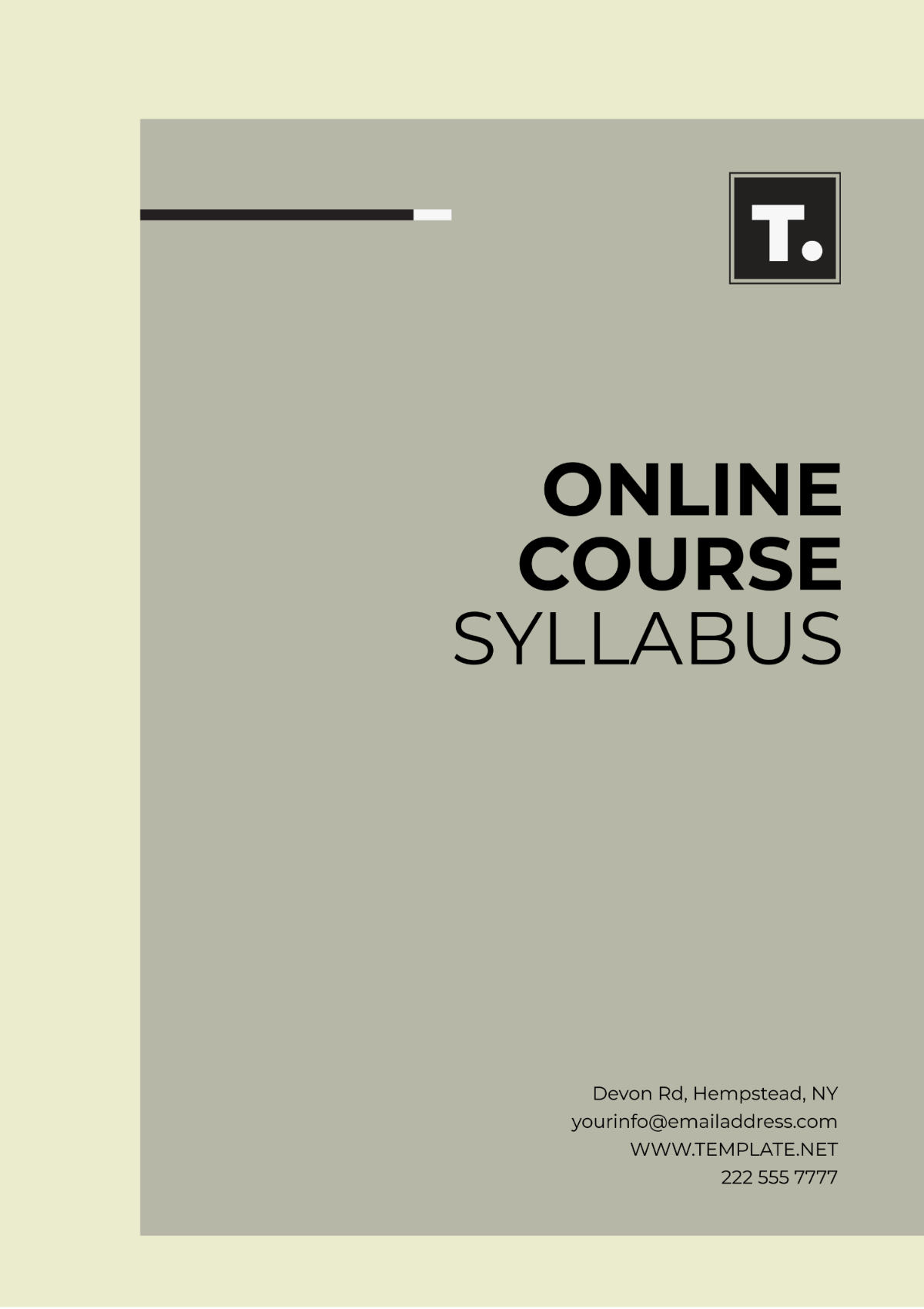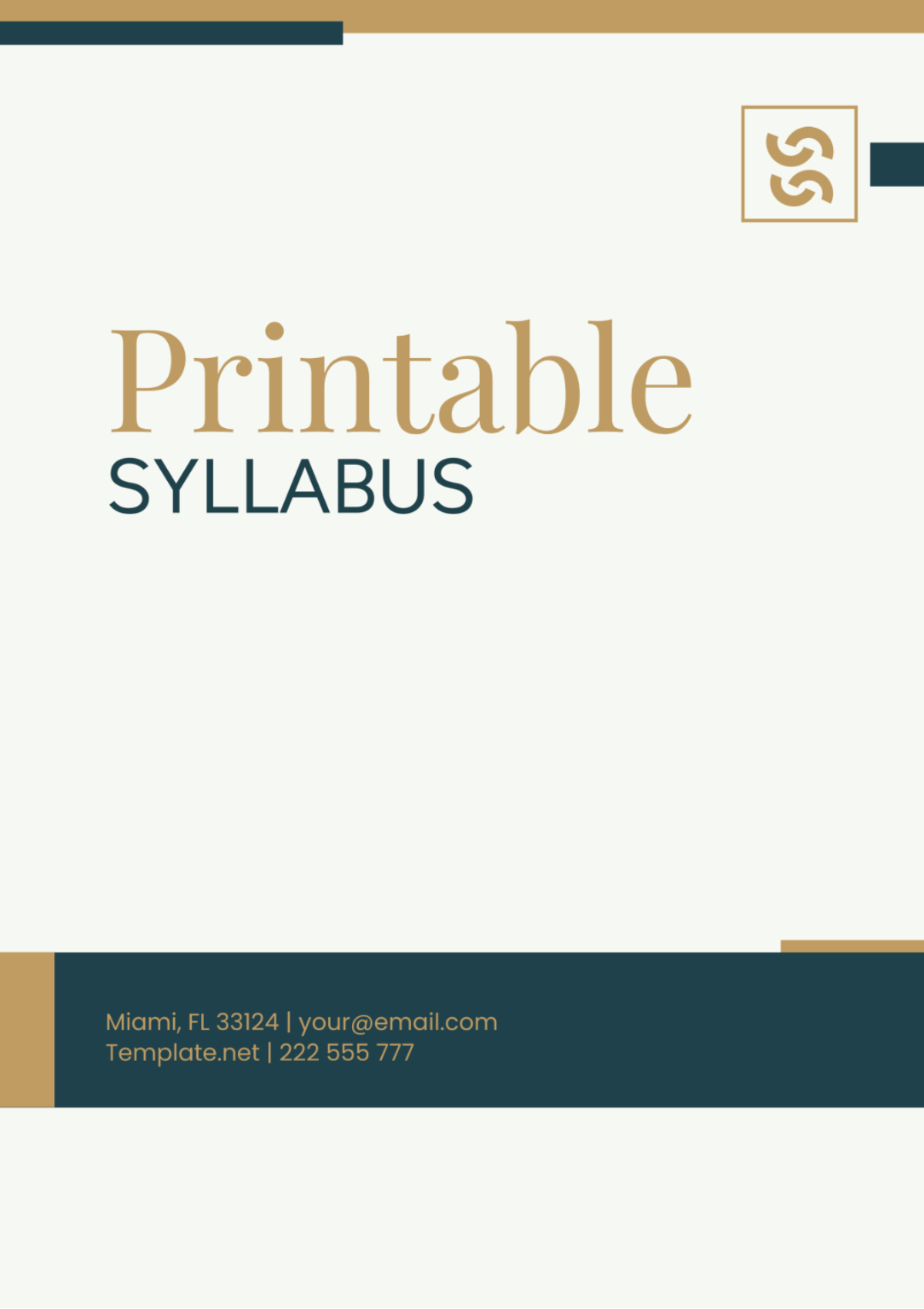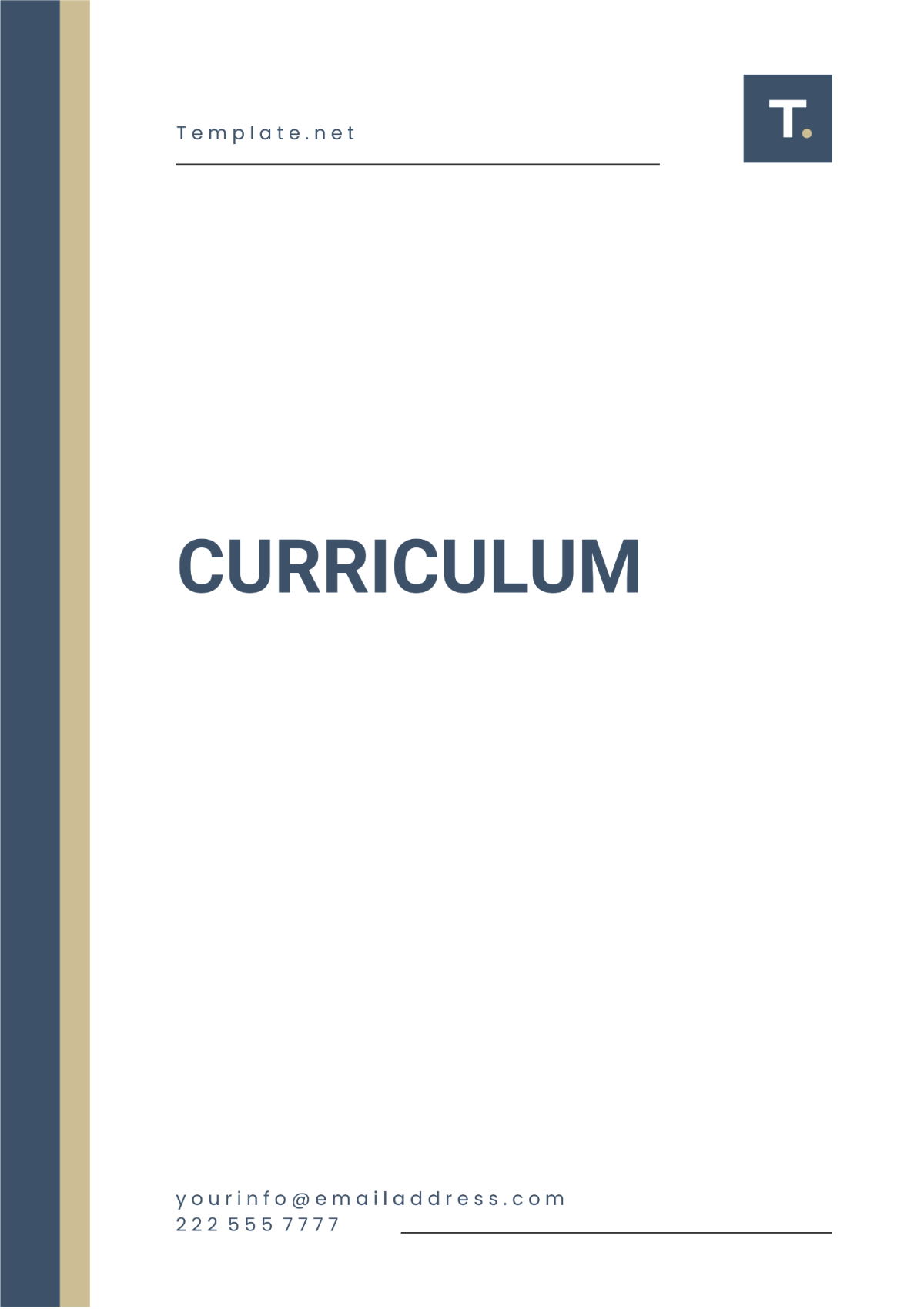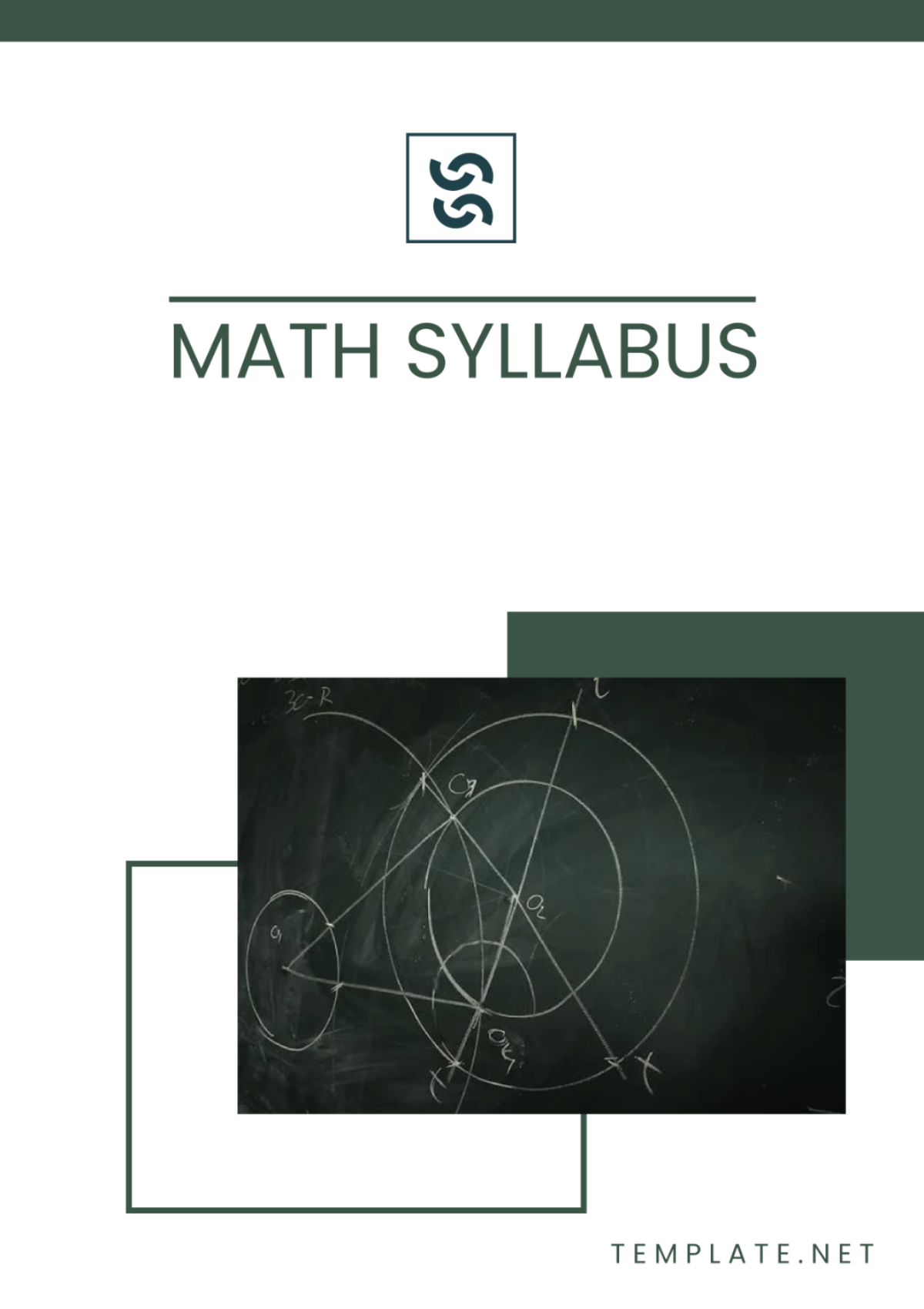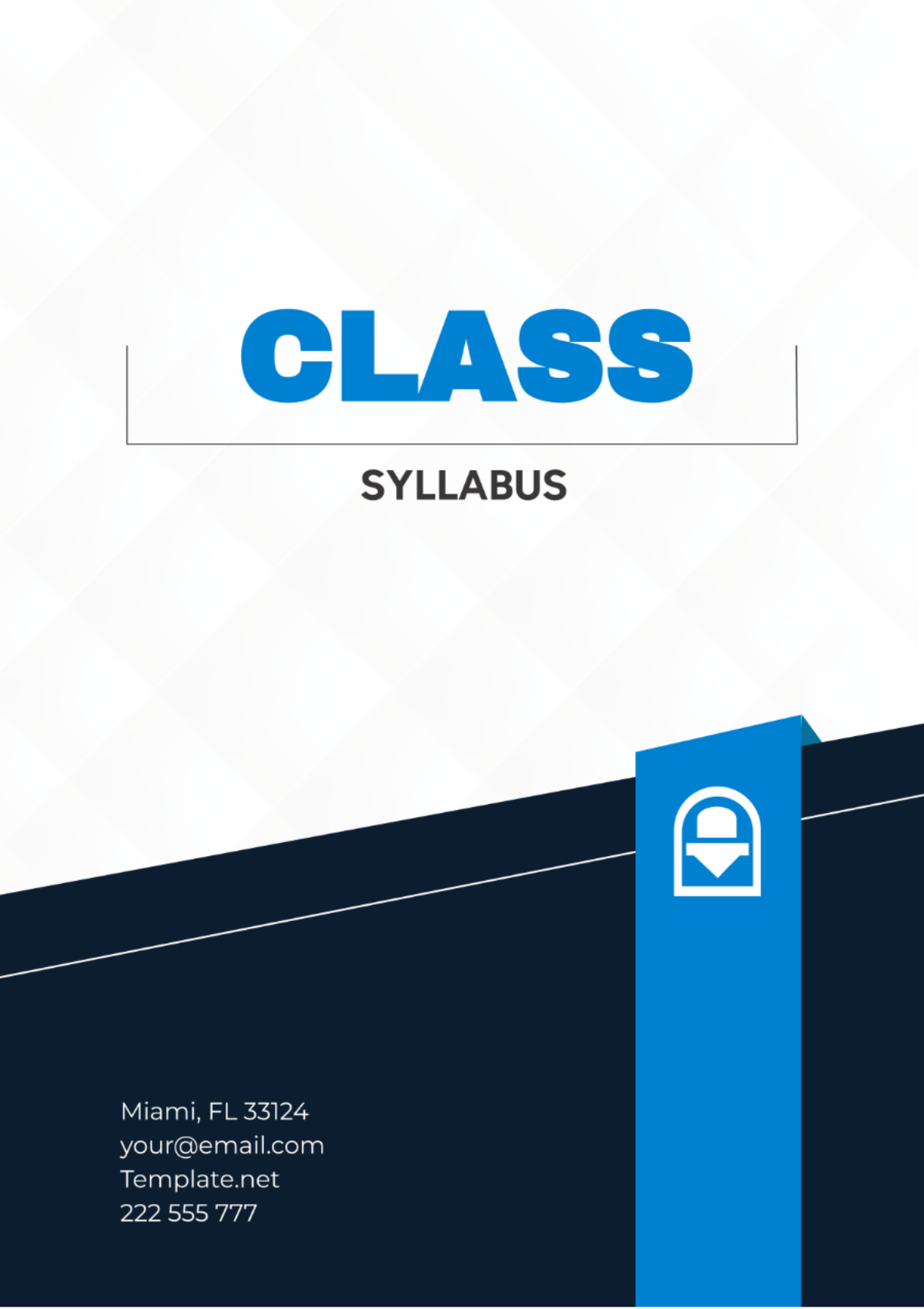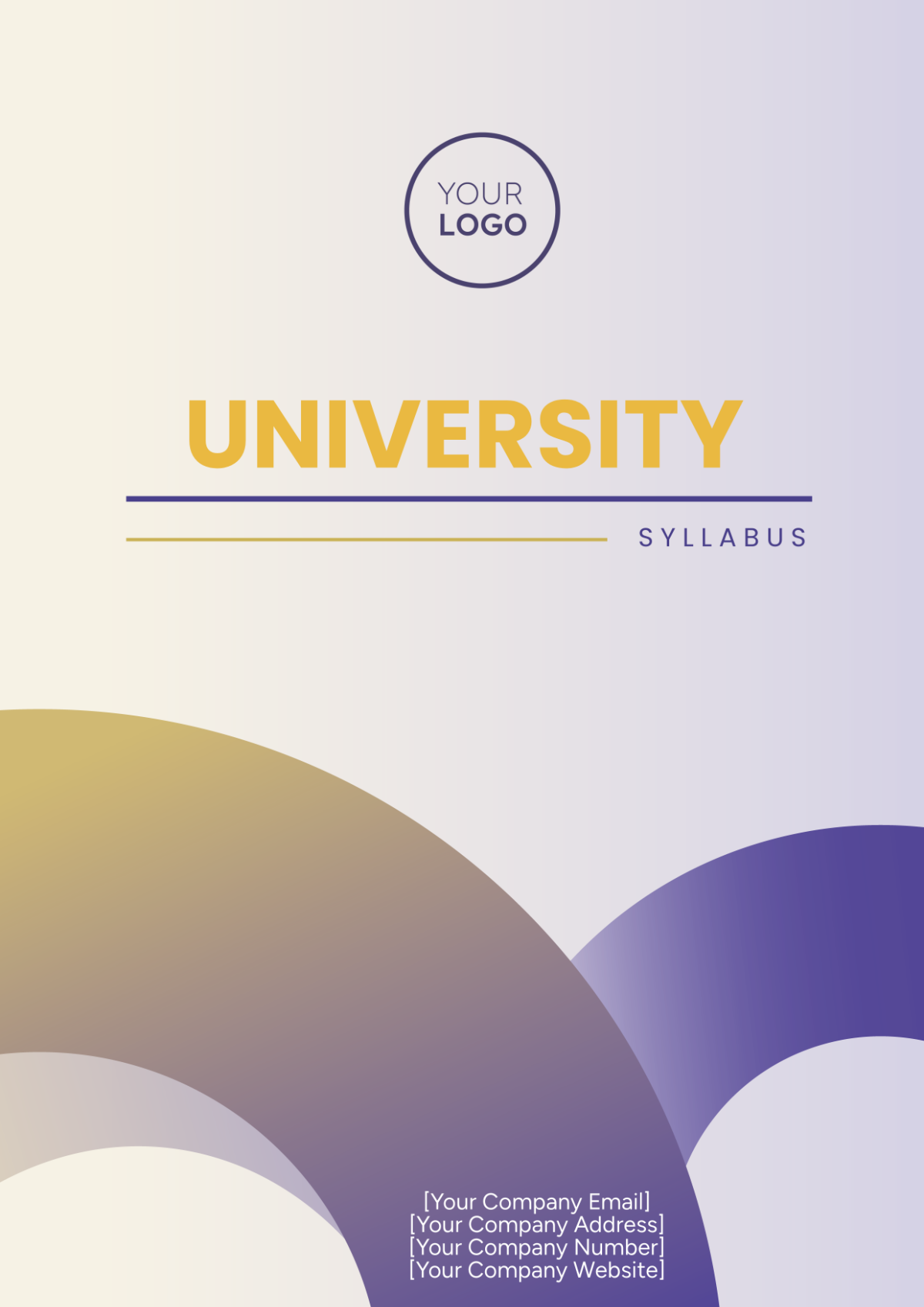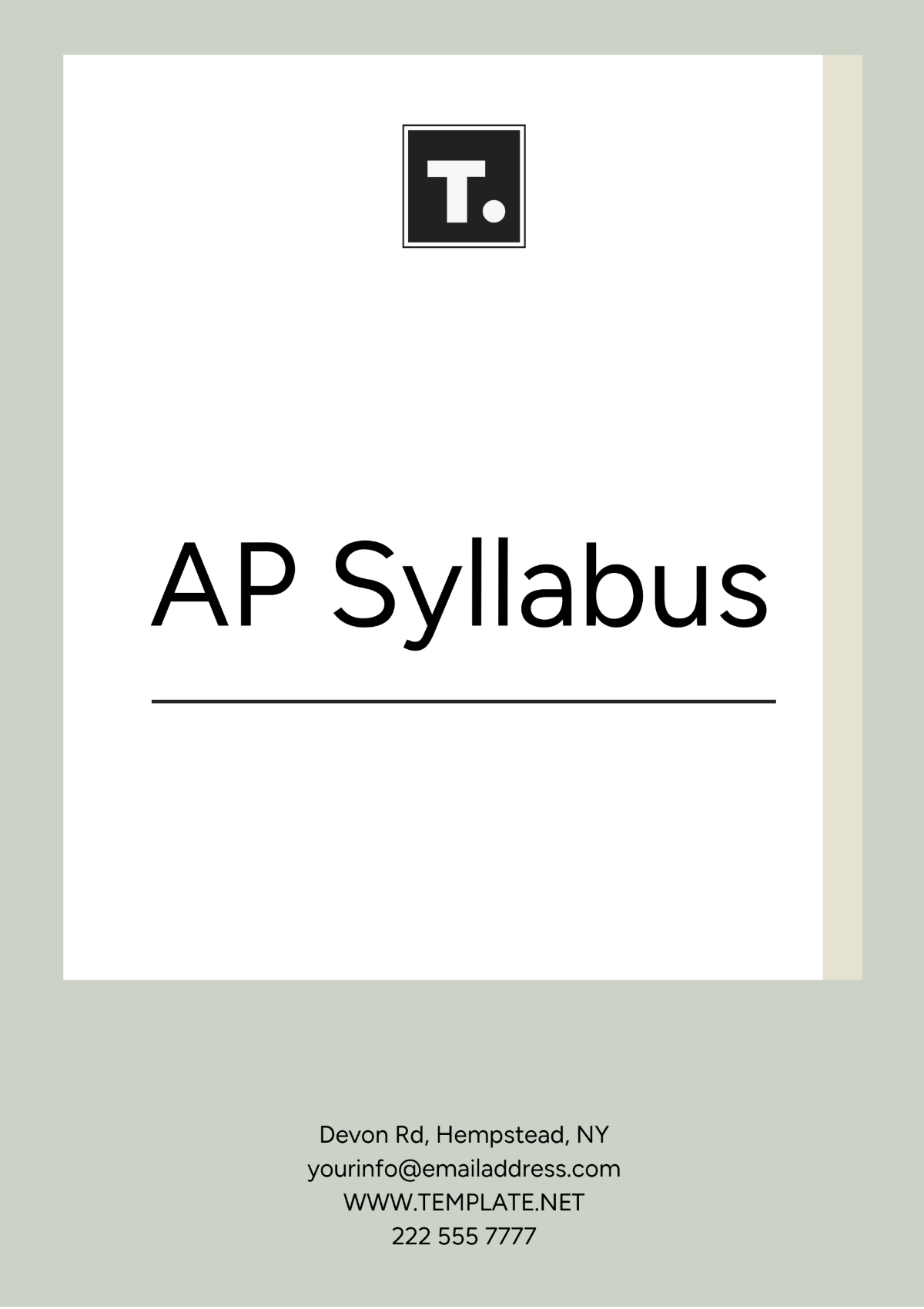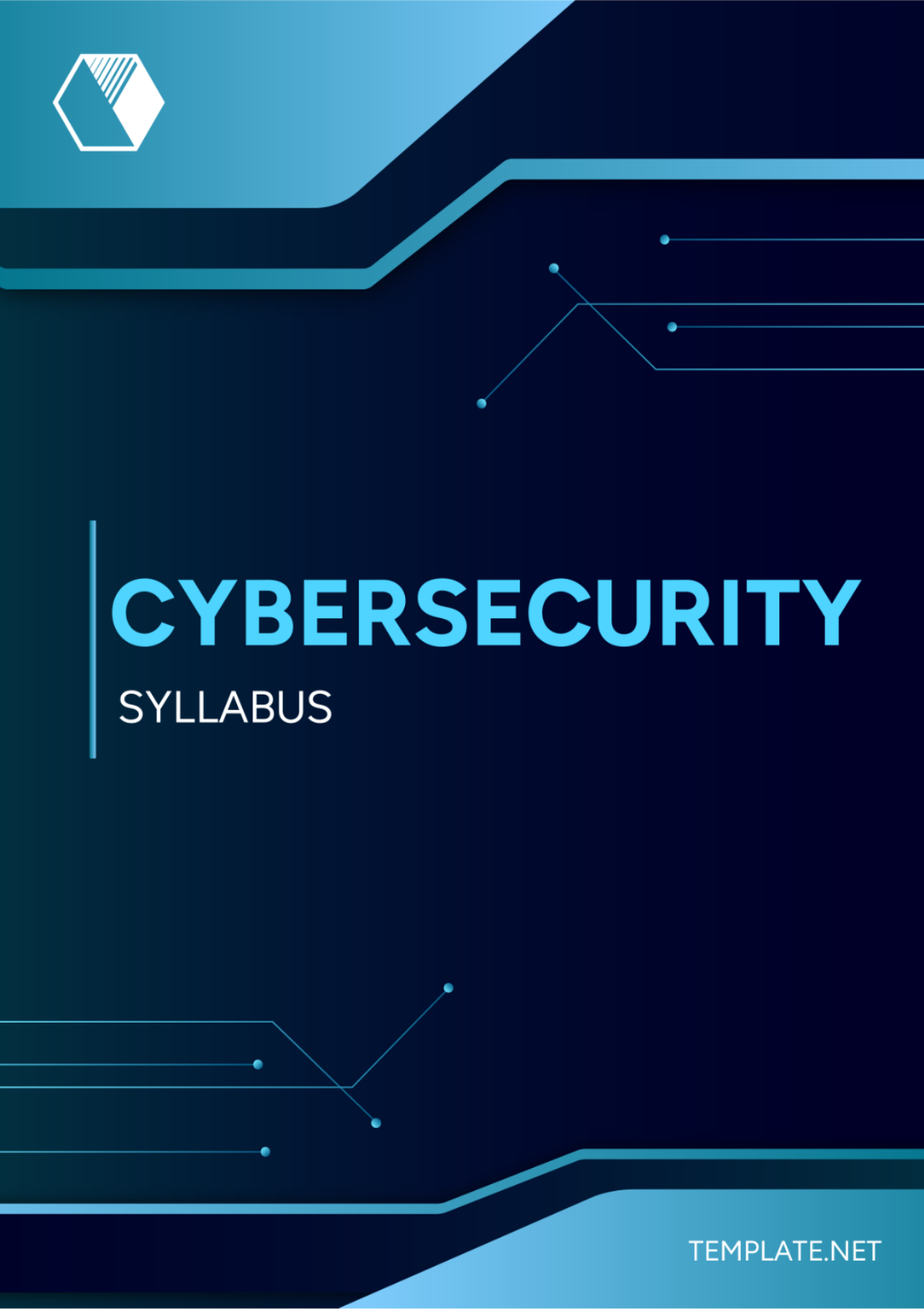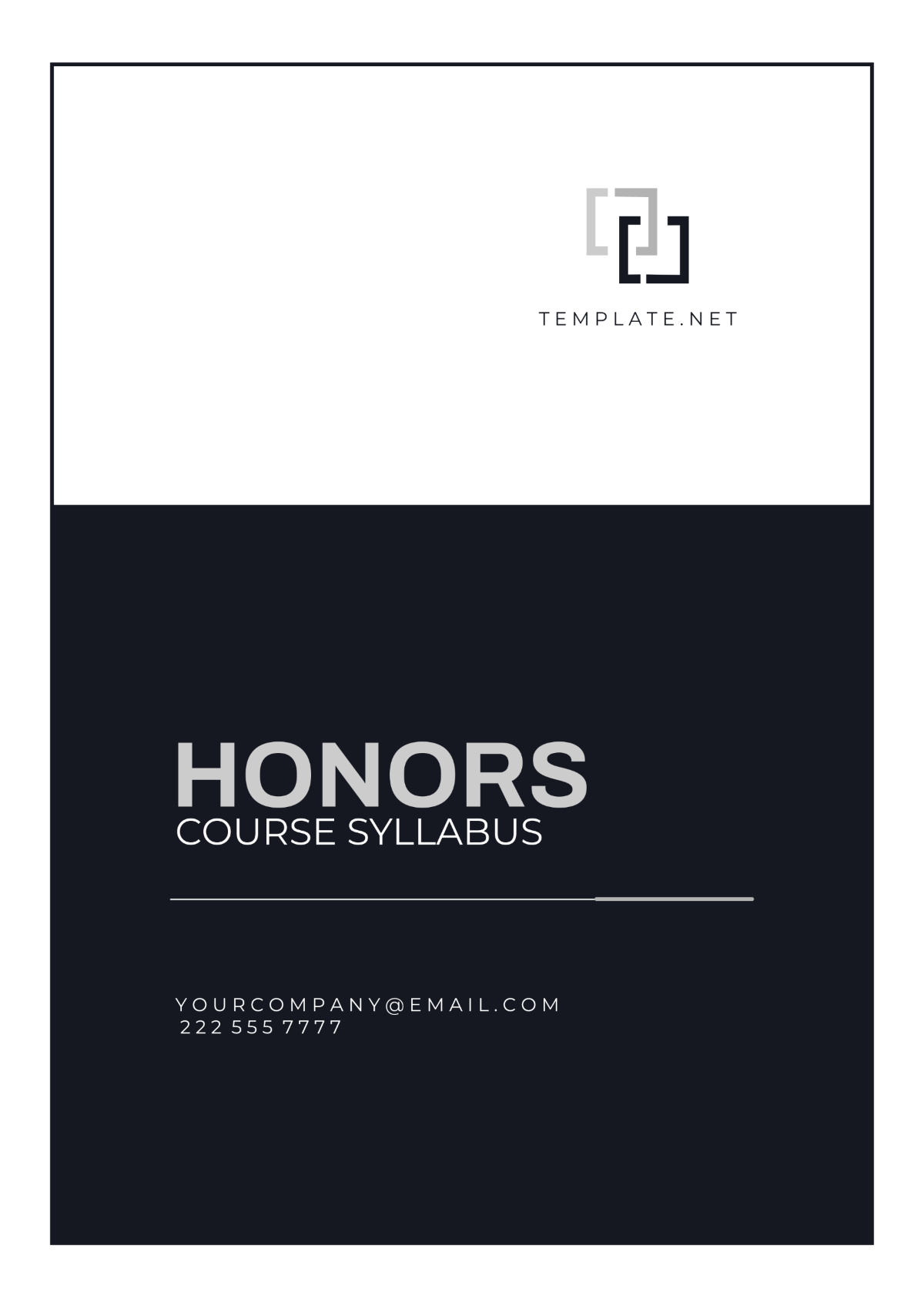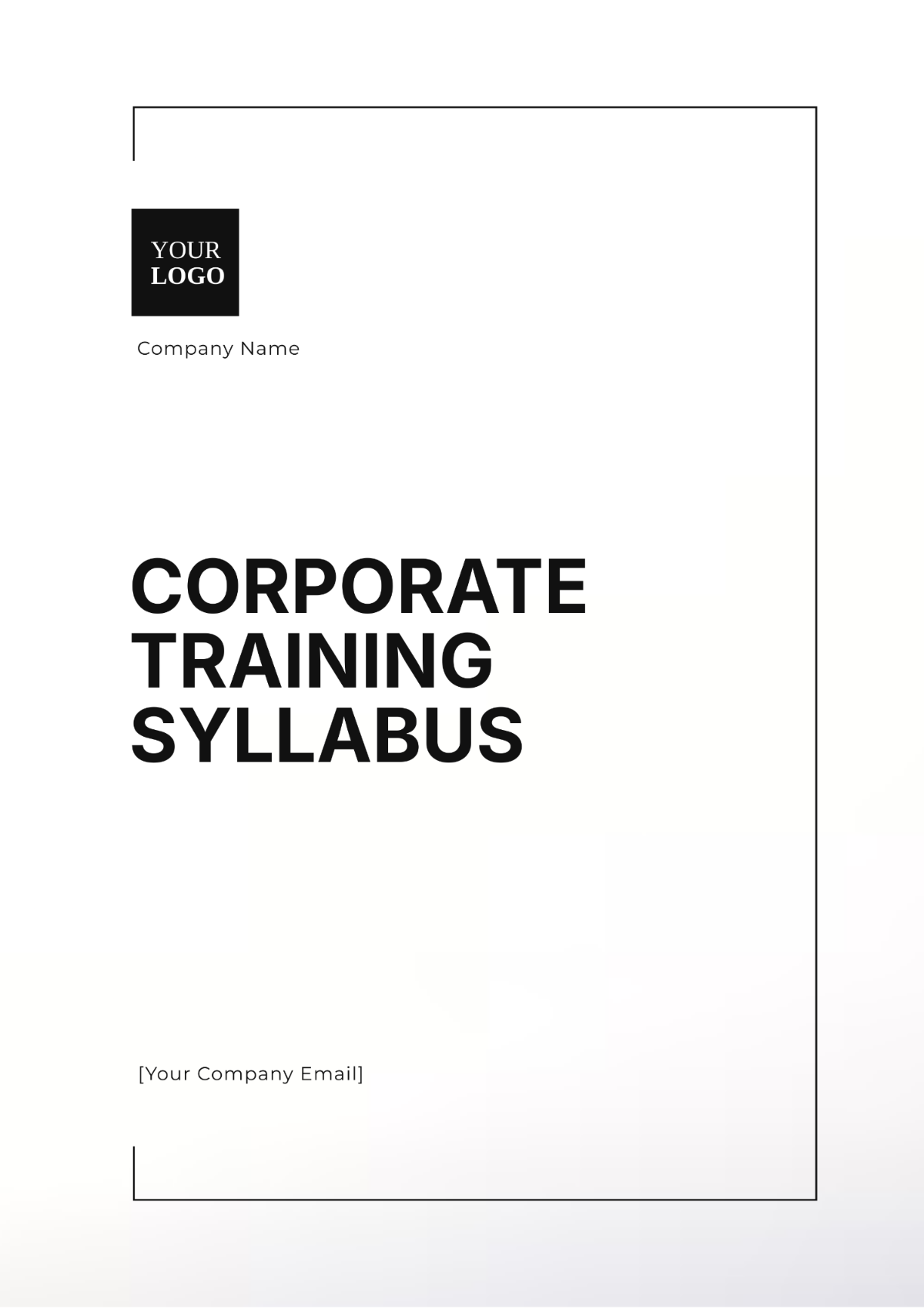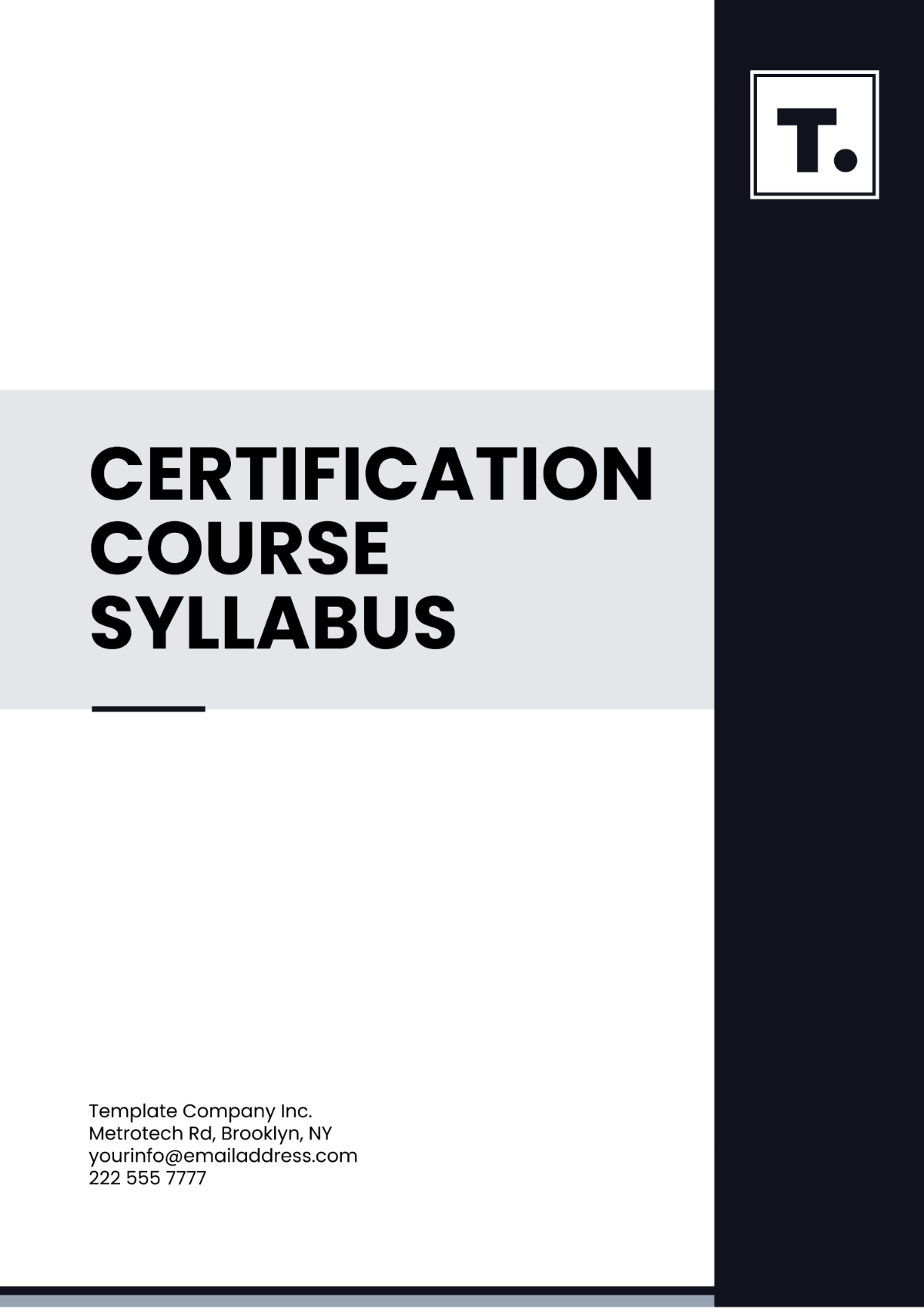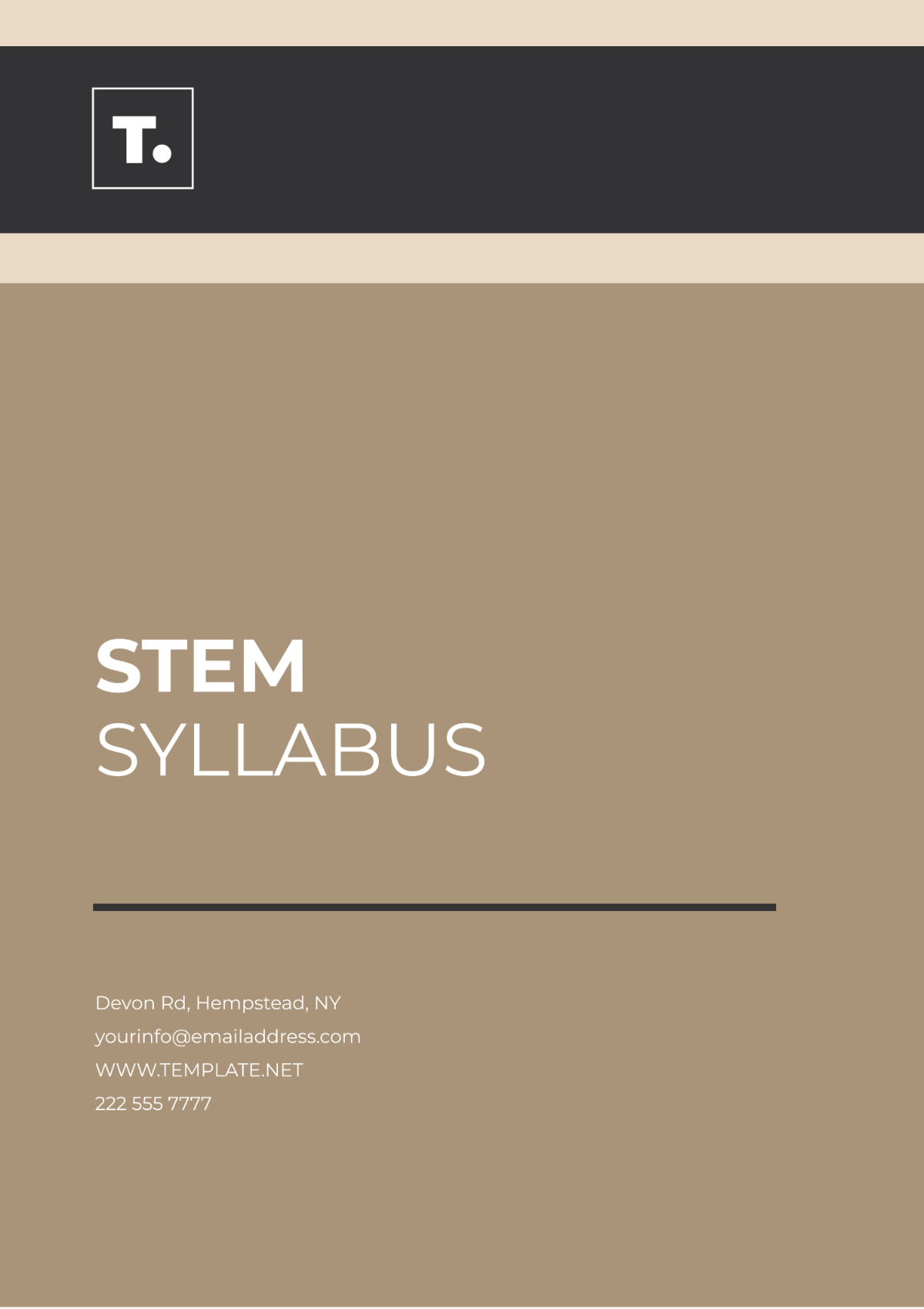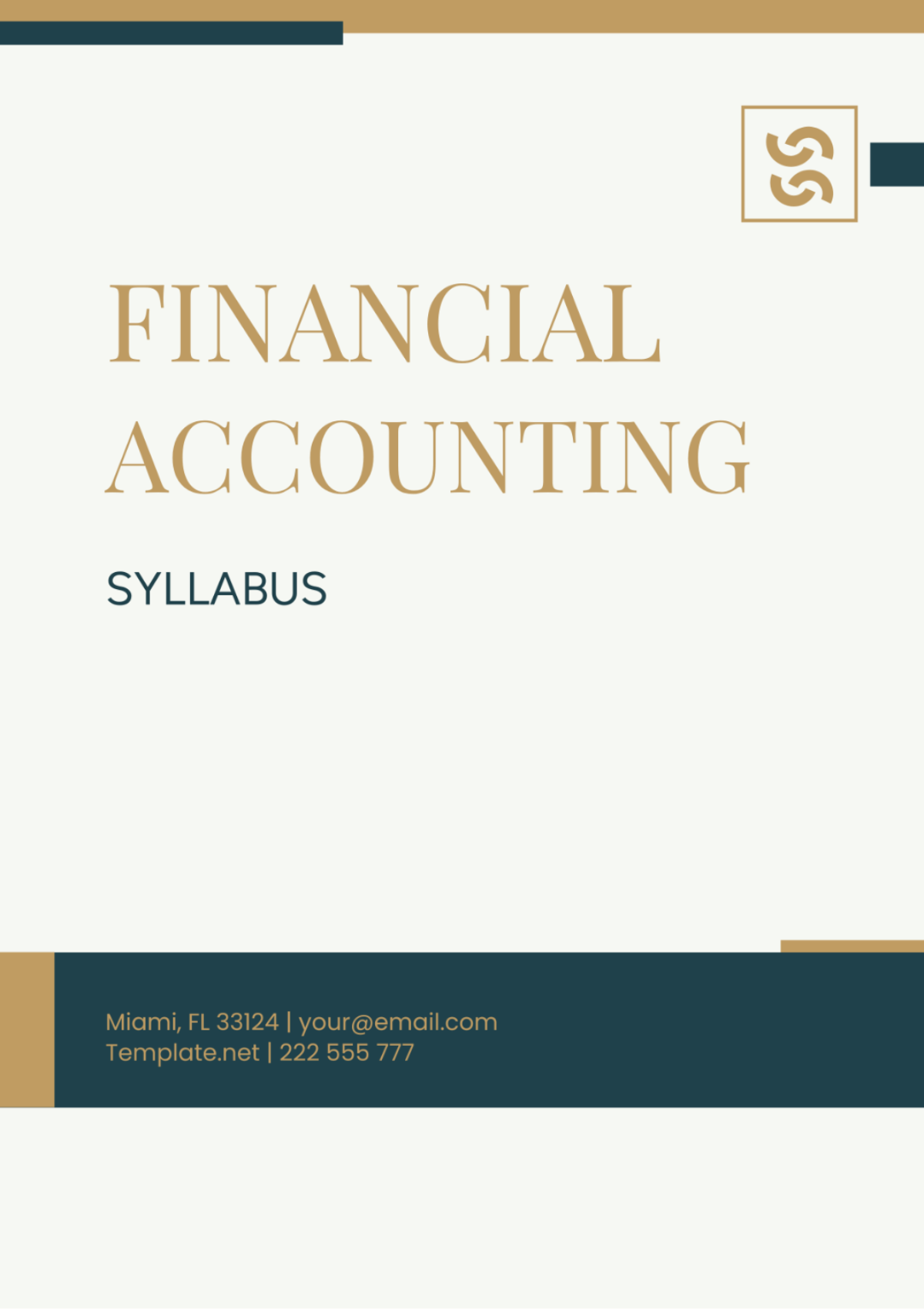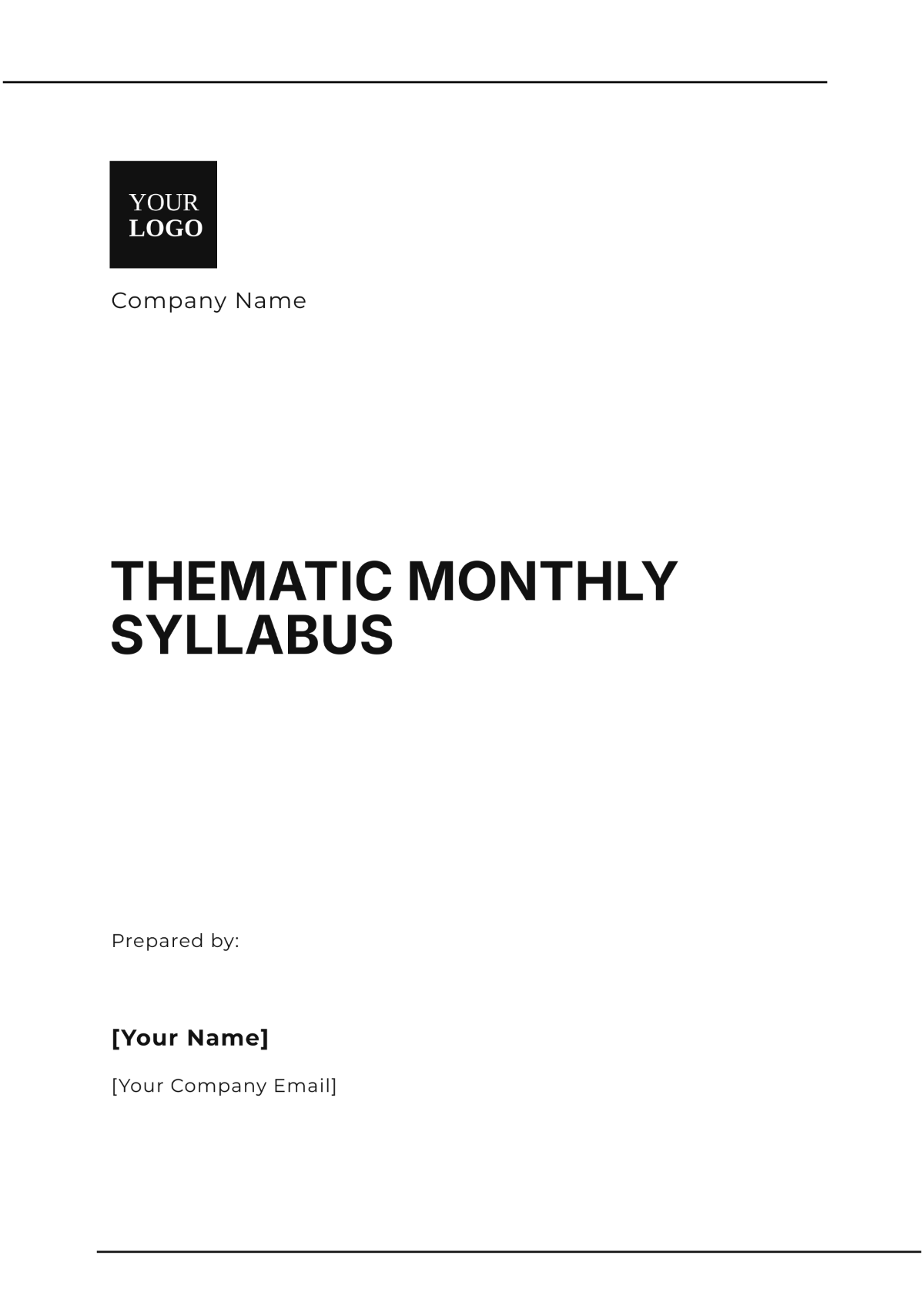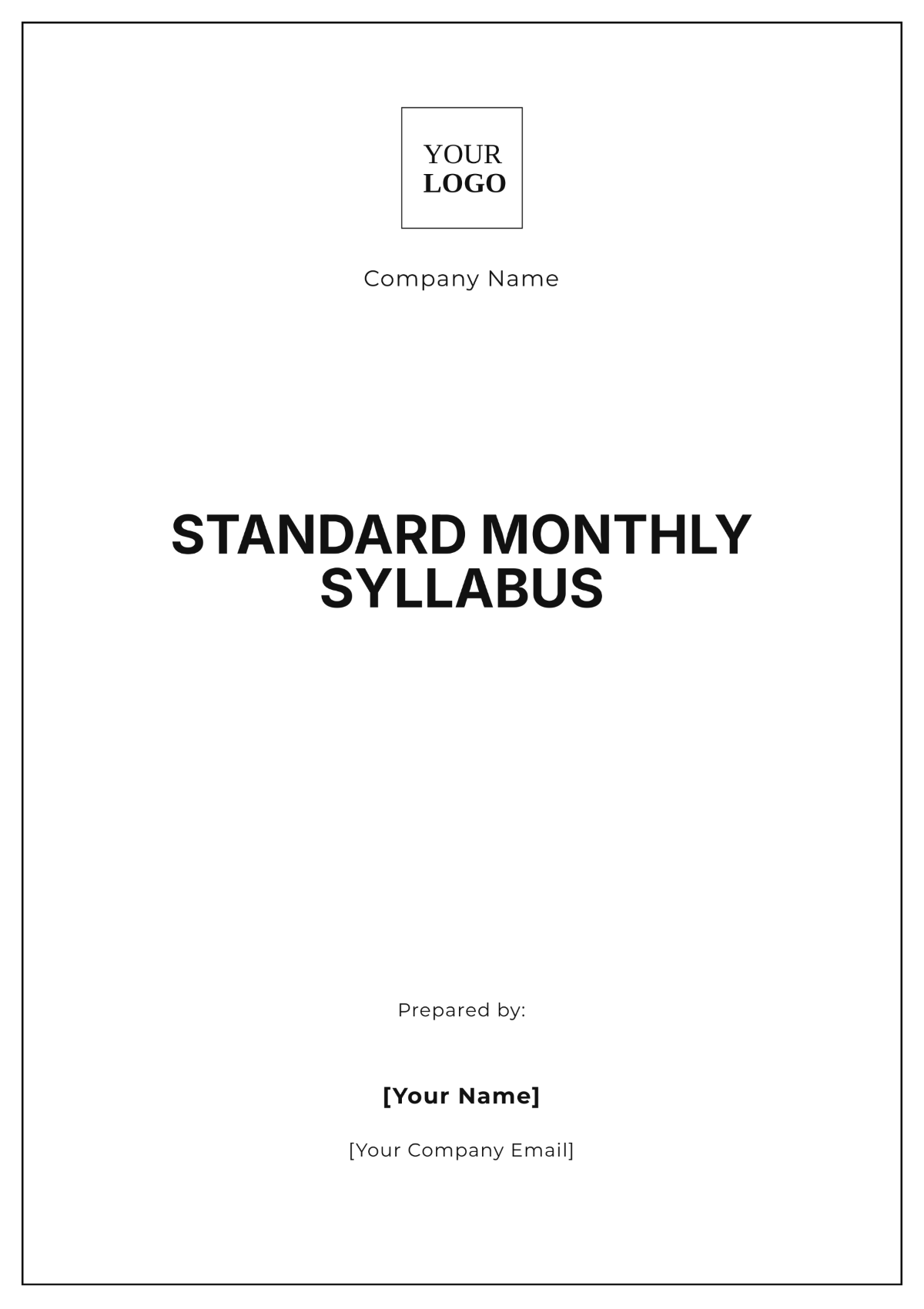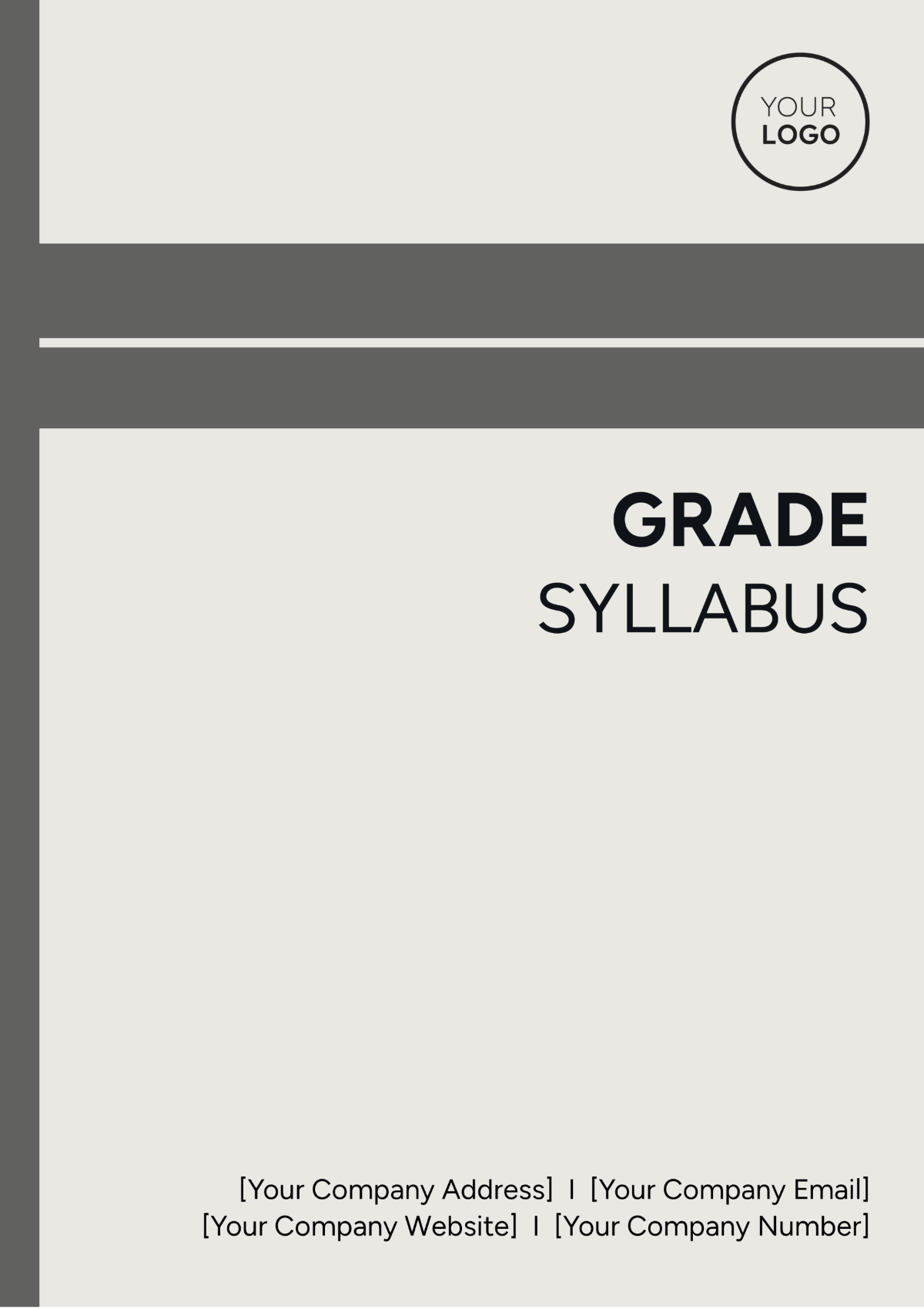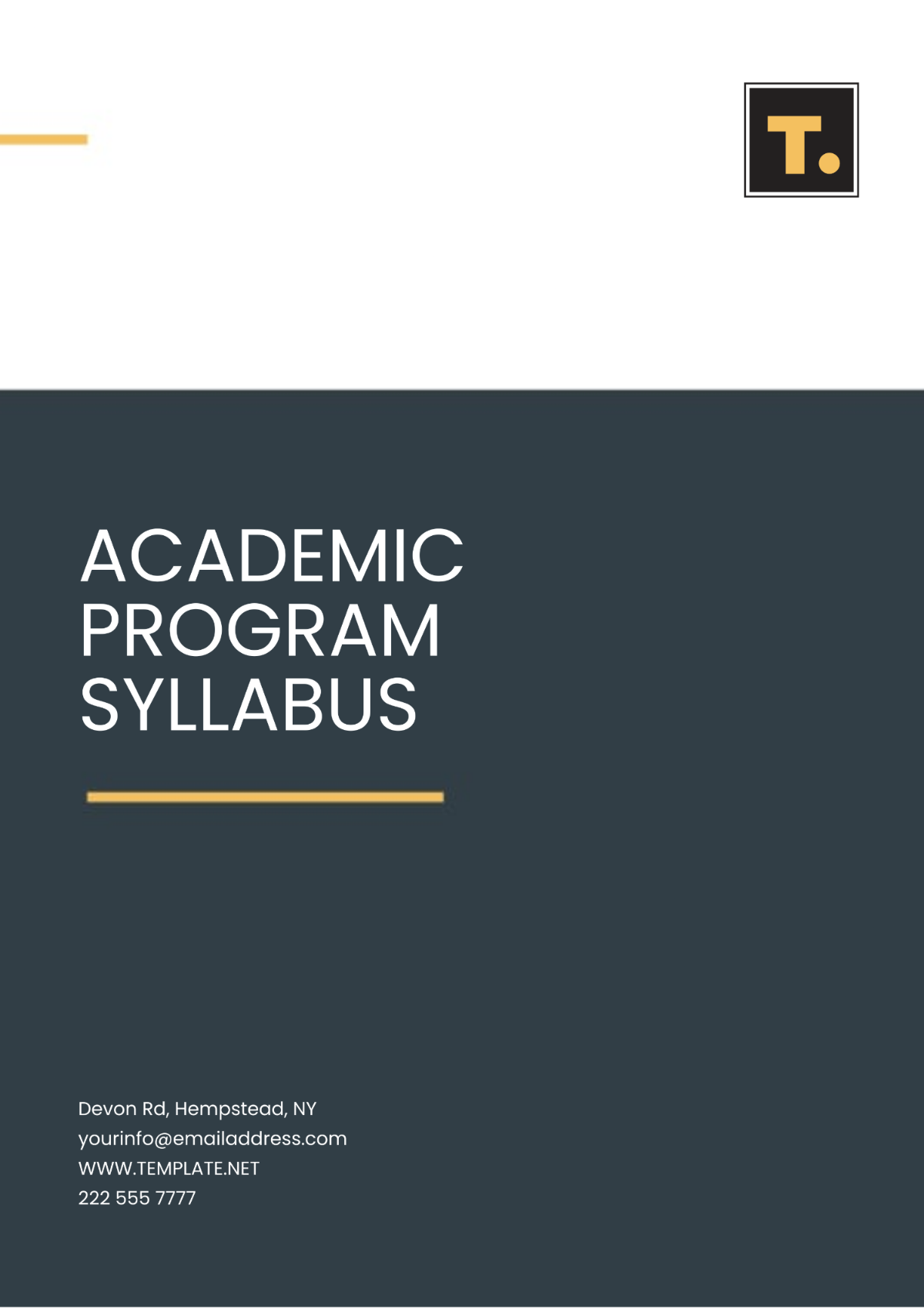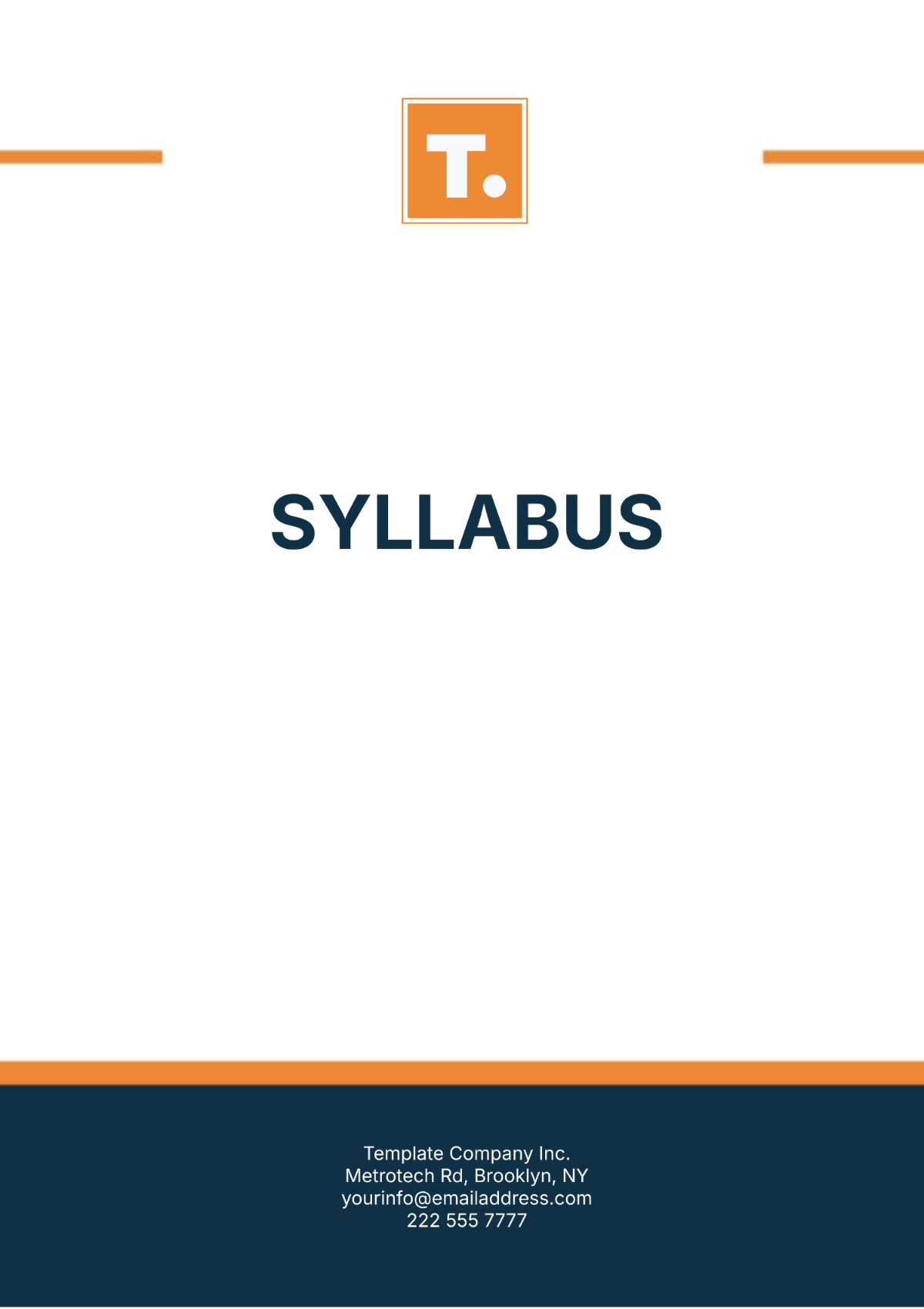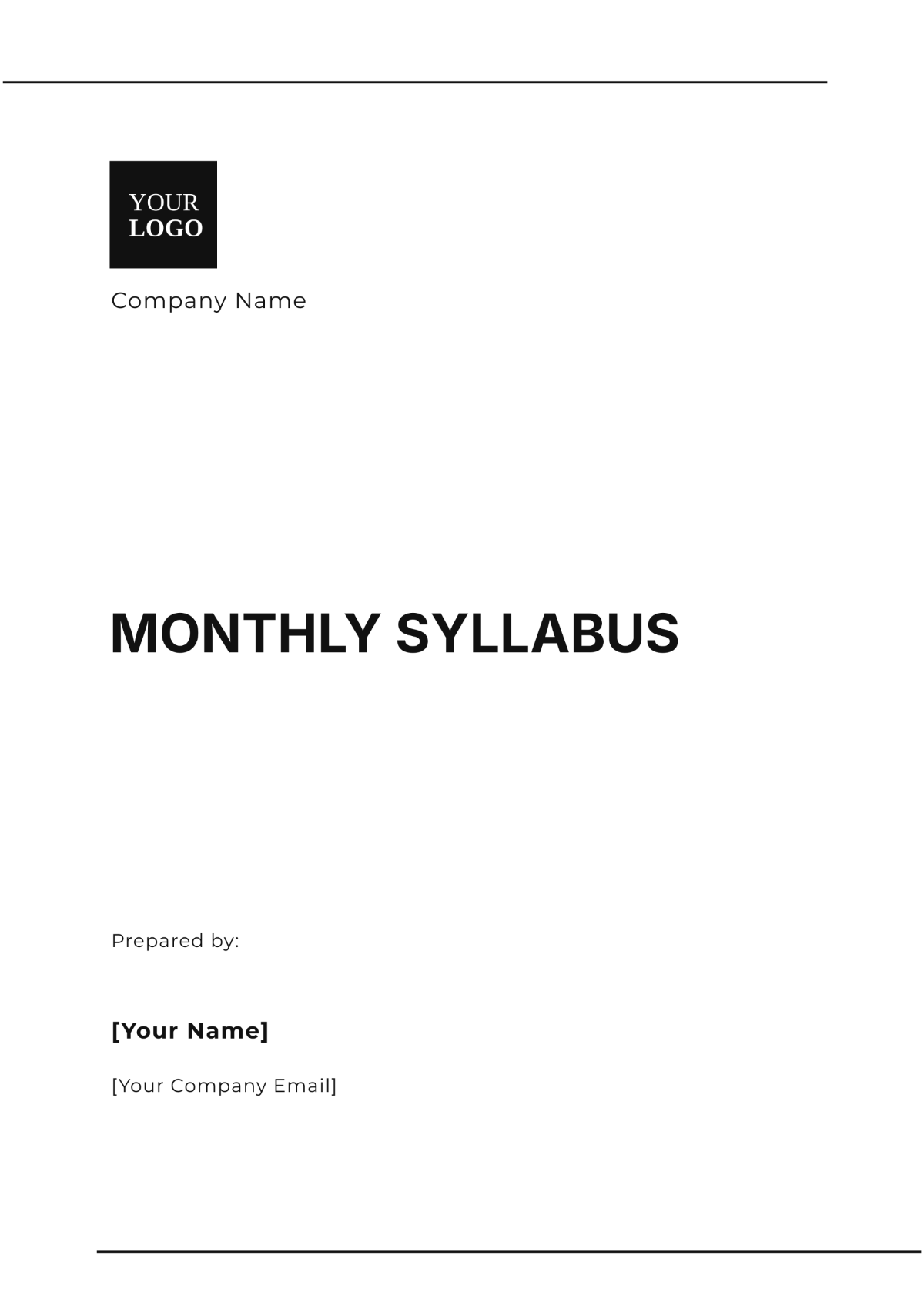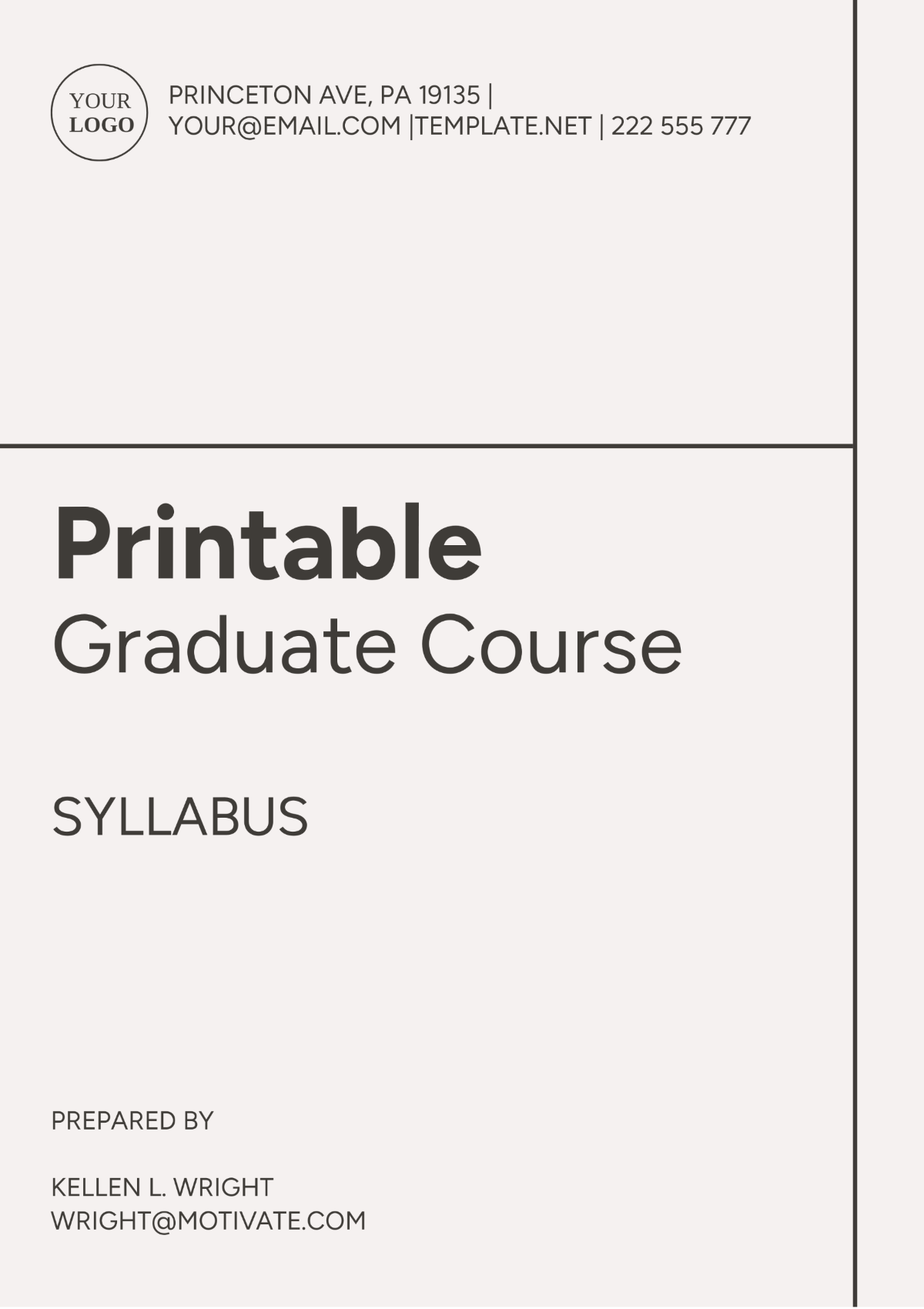Petroleum Engineering Syllabus
Petroleum Engineering Course
Course Title | [COURSE TITLE] |
Course Code | [COURSE CODE] |
Instructor Name | [YOUR NAME] |
[YOUR EMAIL] | |
Office Hours | [OFFICE HOURS] |
Office Location | [OFFICE LOCATION] |
Course Duration | [NUMBER OF WEEKS] |
1. Course Title and Description
This course delves into the basics of Reservoir Engineering, drilling down into the key concepts, principles, and techniques unique to petroleum engineering, with special emphasis on the design and management of oil and gas reservoirs.
2. Instructor Information
Instructor: [YOUR NAME]
Organization: [YOUR COMPANY NAME]
Contact: [YOUR EMAIL]
3. Learning Objectives
Understand the principles of reservoir engineering and their application in petroleum industry.
Learn the fundamentals and techniques of fluid flow in porous media.
Analyze the properties of oil and gas reservoirs and assess technologies and strategies for exploitation.
Develop working knowledge of recovery mechanisms and enhanced oil recovery (EOR) methods.
Learn to integrate geology, petrophysics, and reservoir engineering principles to optimize reservoir performance.
4. Course Schedule
Week | Topic | Details |
|---|---|---|
1 | Introduction to Reservoir Engineering |
|
2 | Petroleum Geology and Reservoir Types |
|
3 | Reservoir Fluid Properties |
|
4 | Porosity and Permeability |
|
5 | Fluid Flow in Porous Media |
|
6 | Single Phase Flow in Reservoirs |
|
7 | Well Testing and Pressure Transient Analysis | Importance of well testing in reservoir characterization. Interpretation of pressure transient data. |
8 | Reservoir Rock Properties |
|
5. Required Reading and Materials
"Basic Applied Reservoir Simulation" by T. Ertekin, S. Abou-Kassem, and G. R. King
"Fundamentals of Reservoir Engineering" by L.P. Dake
"Petrophysics" by Djebbar Tiab and Erle C. Donaldson
"The Practice of Reservoir Engineering (Revised Edition)" by L.P. Dake
Software: ECLIPSE Reservoir Simulator (Training License)
6. Assignments and Assessments
Weekly quizzes on each topic covered.
Two major assignments involving the application of reservoir engineering principles on field data.
One term project comprising a comprehensive reservoir evaluation.
Midterm and final exams covering theoretical concepts and mathematical modeling.
Participation in class discussions.
7. Course Policy
Attendance: Regular attendance is strongly encouraged for effective learning.
Class Participation: Active participation in class discussions is expected.
Submission Deadlines: All assignments must be submitted by the given deadlines.
Academic Honor Code: Plagiarism and cheating will not be tolerated any form.
Communication: For any issue or concern related to the course, email is the preferred mode of communication.
8. Grading Policy
Category | Percentage |
|---|---|
assignments | 30% |
quizzes | 10% |
term project | 25% |
exams | 35% |
9. Disclaimer
The instructor holds the right and authority to make any modifications or changes deemed necessary to the course content, schedule, or any other element of the course, but will make sure to provide students with advance notice about any such changes. The syllabus that has been issued is not meant to function as a legally binding contract. Instead, it is intended to serve as a guide or framework for students to understand what the course content will cover and the expectations that they should meet during the course.

